Urinary Discomfort for Post Menopausal Women: Understanding the Causes and Finding Practical Solutions
Urinary discomfort is a common issue that many postmenopausal women face. The changes that occur in the body during menopause can lead to symptoms such as vaginal dryness, frequent urinary tract infections (UTIs), and urinary incontinence. Understanding the causes of these discomforts and finding effective solutions is crucial for improving the quality of life for women in this stage of life. (1)

Blog Contents
Understanding the Effects of Menopause on the Female Body
During menopause, there is a decline in estrogen production in the ovaries. The decline leads the body to rely on other tissues for the production the sufficient levels of estrogen. Some of those tissues include the adrenals and even adipose (fat) tissues. Though the body will naturally require less estrogen after menopause, sometimes, adrenal fatigue may make it so that even this small need is not covered by the body. Such conditions can have a significant impact on the urinary tract. (2)
The lack of estrogen can cause thinning of the bladder and urethral linings, leading to chronic dysuria (painful urination) and an increased risk of UTIs. Those changes are collectively referred to as urogenital atrophy, also known as Genitourinary Syndrome of Menopause (GSM). Additionally, hormonal changes can result in atrophic vaginitis, which is characterized by the thinning and inflammation of the vaginal walls. (3)
The consequences of low estrogen can be both structural and metabolic. Metabolic changes include alterations in energy regulation and hormone profile. Structural changes affect the integrity of the body's tissues, particularly the skeleton, muscles, and pelvic tissues. These changes can result in decreased bone density, muscle mass, and pelvic organ support, potentially leading to various health issues. (2, 3, 4)
Understanding the Effects of Menopause on the Urinary Tract
During menopause, hormonal changes affect both the vaginal lining and urethral tissues. Structural changes cause the vaginal walls to become thinner and less elastic, resulting in dryness, itching, irritation, and discomfort or pain during intercourse (dyspareunia).
The weakening of the pelvic tissues and reduced natural defences make women more susceptible to irritation, dysbiosis and urinary tract infections (UTIs). Moreover, the decreased lubrication during sexual activity may cause microtrauma, providing entry points for bacteria and further increasing the risk of UTIs. (2, 3)
Managing Vaginal Dryness and Discomfort
While lubricants and local estrogen are commonly used for managing vaginal dryness and discomfort, internal hormone regulation offers a more effective approach to address these issues in postmenopausal women. Certain herbs, such as chaste tree, hops, and maca, have shown potential as gentle and safe hormone regulators. However, discussing these specific herbs is beyond the scope of this article. (5)
For effective hormone regulation, it is advised to work with a healthcare provider and obtain a detailed salivary or urinary hormone panel to accurately understand hormone distribution. Additionally, evaluating and healing the adrenals can be beneficial in achieving hormone balance and helping tissues heal properly. (5,6)
Conventional Solutions for Recurring UTIs
White antibiotics are great at getting rid of bacterial urinary infections, the consistent use of antibiotics to treat UTIs can increase susceptibility to recurrent infections and may contribute to the development of antibiotic resistance.
Antibiotics can allow the yeast to thrive as it kills the good bacteria that usually compete with disease-causing strains. For many women, this creates a cycle where they feel better on the antibiotics and end up suffering more severe discomfort when they are off of them. Therefore, for women with long-term urinary irritation, it is important to explore natural solutions for urinary tract health. (7, 8)
Preventing Urinary Tract Infections
Preventing urinary tract infections is crucial for maintaining urinary health in postmenopausal women. We need to start with the understanding that postmenopausal women have a more delicate lining in the vaginal canal and the urethra. Knowing that injury is quite common, it is important to follow a gentle approach. (2, 3)
When seeking suitable support for urinary health in postmenopausal women, several crucial criteria should be considered to ensure the utmost effectiveness and well-being. Firstly, prioritize long-term safety by opting for products or therapies with a well-established track record of safety and minimal adverse effects. Postmenopausal women may require those supportive factors for a long time, so anything employed should be safe for long-term use.
Gentleness is another key factor to take into account. Choose interventions that are gentle on the body and avoid harsh chemicals or treatments that could potentially exacerbate existing issues. A gentle approach is vital for promoting overall comfort and minimizing any potential discomfort during the healing process.
Moreover, it is essential to consider the impact of the chosen support on overall health. Postmenopausal women are usually older, so it is important to ensure that any therapy used for them does not lead to accelerated aging or tissue-quality deterioration. Thus, a holistic approach ensures that the chosen intervention supports multiple aspects of health, enhancing the overall quality of life for postmenopausal women.
Nutrients that Support the Immune System and Prevent UTIs Indirectly
Vitamin C, selenium, omega-3 fatty acids, and zinc have been found to play a role in preventing urinary tract infections (UTIs). Here's why they are not likely to be effective at treating an infection:
-
Vitamin C makes urine more acidic, which can help prevent the growth of bacteria in the urinary tract (may lead to discomfort). It also aids in supporting the immune system, which can help fight off infections. Additionally, on a structural level, it can help to support collagen building which, in turn, can help heal tissues faster after infection (9)
-
Selenium is an essential mineral that plays a role in immune function. It helps support the body's defence against infections, including UTIs (10, 11)
-
Omega-3 fatty acids, found in cold-water fish like salmon, have anti-inflammatory properties that can help reduce inflammation caused by a UTI. This may lead to less tissue damage and faster healing from a UTI (12)
- Zinc is a mineral that plays a crucial role in both immune function and wound healing. It helps support the body's defence against infections, including UTIs (10, 13)
While vitamin C, selenium, omega-3 fatty acids, and zinc have potential benefits in preventing UTIs, they are not likely to be effective at treating an ongoing infection.
Short-Term Use Herbs for Urinary Tract Infections
Uva ursi (Arctostaphylos uva-ursi), golden seal (Hydrastis canadensis), and juniper (Juniperus communis) are natural herbs that have been used for urinary tract infections (UTIs) and have shown benefits in reducing the symptoms of UTIs and even healing them. Though those herbs are perfectly safe to use in the short term, under the care of a healthcare provider, it is important to use them only in the short term as long-term use may cause undesired side effects:
Uva Ursi:
- Uva ursi is a trailing evergreen shrub that produces red berries. Those berries can fight infection due to several chemicals, including arbutin and hydroquinone. The herb also contains tannins that have astringent effects, helping to shrink and tighten mucous membranes in the body. In turn, that helps reduce inflammation and fight infection. Long-term use can be stressful to the digestive system and the liver (14)
Golden Seal:
- Goldenseal contains berberine, an alkaloid that may prevent UTIs by inhibiting bacteria from adhering to the wall of the urinary bladder. It is typically safe for adults to take for short-term use. However, high doses and/or extended long-term use can cause stomach upsets and stress on the liver and the heart (15).
Natural anti-microbial herbs such as uva ursi, golden seal, and juniper have shown potential benefits in treating and reducing the symptoms of UTIs. However, it is important to use them only in the short term and to work with a knowledgeable healthcare provider to avoid side effects or potential interactions with medications!
Long-Term Use Herbs for Urinary Tract Infection Treatment and Prevention
Cranberry:
- Cranberries contain substances known as proanthocyanidins that are demonstrated to prevent bacteria from sticking to the walls of the urinary bladder, which may help prevent bladder infections and other UTIs
- Cranberry juice may also help prevent yeast overgrowth and prevent yeast from adhering to cells. This can lead to the prevention of infections that are of fungal origin
- Drinking cranberry juice has been suggested as a way to proactively stop UTIs from happening or help recover from one faster
- Daily intake of dried cranberry powder has been found to improve daily urinary discomfort, urgency episodes, and overactive bladder condition.
Research suggests that cranberry juice may decrease the number of symptomatic UTIs, especially for women with recurrent UTIs, over 12 months. Clinical research indicates that daily dosages of 240-300 ml of cranberry juice cocktail can prevent 50% of UTI recurrences and reduce bacteriuria. (16-18)
A 2008 study aimed to compare the effectiveness of trimethoprim and cranberry extract in preventing recurrent urinary tract infections (UTIs) in older women. The findings revealed that trimethoprim had only a slight advantage over cranberry extract in UTI prevention, while also exhibiting a higher rate of adverse effects. This suggests that older women with recurrent UTIs may benefit from considering cranberry extract as a cost-effective and safer alternative, given its natural composition and reduced risk of antimicrobial resistance, Clostridium difficile super-infections, and fungal complications. (19)
Hibiscus:
- Hibiscus tea has diuretic effects and anti-inflammatory properties that have been successfully used to reduce the recurrence of UTIs
- Hibiscus extract has been shown to inhibit in vitro biofilm formation capacity of Candida albicans, a fungus that causes yeast infections
- Hibiscus boasts a range of powerful compounds that prevent E. coli from adhering to the urinary tract and bladder wall linings
- Xyloglucan, a compound found in hibiscus, is efficacious for the management of UTIs by lowering the intestinal reservoirs of pathogens colonizing the urinary tract
Hibiscus extract contains beneficial compounds, including flavonoids, sambubiosides, and proanthocyanidins. In a double-blind, placebo-controlled clinical trial, women who took hibiscus extract experienced a remarkable reduction in UTIs. Moreover, laboratory studies and a meta-analysis of 3 clinical studies have shown that hibiscus is effective in treating urinary tract infections. These findings highlight the potential of hibiscus as a natural remedy for UTIs. (20-23)
Probiotics
- Probiotics are effective in preventing urinary tract infections (UTIs) in adults by reducing the adhesion of pathogens to the uroepithelium and producing antibacterial molecules such as bacteriocin and hydrogen peroxide
- Lactobacillus is recognized as an important part of the normal flora in the female genitourinary tract, and the reduction in numbers increases the risk of UTI
- The precise mechanisms by which probiotics work have not been fully elucidated, but the premise is based upon the ability of lactobacilli to reverse increased intestinal permeability, enhance immune function, and produce antimicrobial substances
- Probiotics have great potential at supporting women through UTIs that are caused by antibiotic over-usage
Among the four randomized controlled trials involving the treatment of UTI with the lactobacillus probiotic, one reported a significant reduction in episodes of recurrent UTI compared with the previous year. This indicates that probiotics can be helpful too for the prevention and treatment of UTIs, yeast infections and other types of pelvic discomfort. (24-26)
Healthy Habits That Promote Female Urinary Health
- Lifestyle Changes: Simple lifestyle modifications, such as reducing caffeine intake, staying hydrated, and maintaining a healthy weight, can help alleviate urinary symptoms
- Pelvic Floor Exercises: Strengthening the pelvic floor muscles through exercises like Kegels can improve bladder control and reduce urinary incontinence
- Bladder Training: This technique involves gradually increasing the time between bathroom visits to train the bladder to hold urine for longer periods, reducing the frequency of urination
Other Healthy Habits Worth Following:
- Low Sugar Diet: Reducing sugar intake can be beneficial for pelvic health as it helps prevent inflammation and may reduce the risk of urinary tract infections, which can impact the pelvic region
- Regular Physical Activity: Engaging in regular exercise promotes blood flow to the pelvic area, supports healthy bowel movements, and helps maintain a healthy weight, which can alleviate pressure on the pelvic organs
- Stress Management: Chronic stress can lead to pelvic muscle tension, which may exacerbate pelvic pain or discomfort. Practicing stress-reducing techniques like yoga, meditation, or deep breathing can help promote pelvic health
- Proper Posture: Maintaining good posture supports the alignment of the pelvis and spine, reducing the risk of pelvic floor dysfunction and related symptoms
- Avoiding Prolonged Sitting: Long periods of sitting can put pressure on the pelvic area and weaken pelvic floor muscles. Taking breaks to move around and stretch can be beneficial
Managing Urinary Incontinence
Urinary incontinence, or the involuntary leakage of urine, is another common issue that postmenopausal women may face. There are different types of urinary incontinence, including stress incontinence and overactive bladder. Stress incontinence is often caused by weakened pelvic floor muscles and can be managed through pelvic muscle exercises, also known as Kegel exercises. These exercises help strengthen the pelvic floor muscles and improve bladder control.
Overactive bladder, on the other hand, is characterized by sudden urges to urinate and can be managed through lifestyle modifications and medications. Lifestyle modifications may include reducing caffeine intake, maintaining a healthy weight, and practicing bladder training techniques to increase the capacity to hold urine and control the timing of urination.
Conclusion
Urinary discomfort is a common issue in postmenopausal women, but it doesn't have to be a permanent part of life. Understanding the effects of menopause on the urinary tract and exploring effective solutions can greatly improve the quality of life for women in this stage of life.
Whether it's managing vaginal dryness, preventing UTIs, or addressing urinary incontinence, there are various approaches, including natural solutions like whole cranberries and probiotics, that can help promote urinary health. By taking proactive steps and seeking appropriate treatment, women can regain control of their urinary health and enjoy a comfortable and fulfilling postmenopausal life.
Article References:
- Varella LR, da Silva RB, de Oliveira MC, Melo PH, de Oliveira Maranhão TM, Micussi MT. Assessment of lower urinary tract symptoms in different stages of menopause. Journal of physical therapy science. 2016;28(11):3116-21.
- Robinson D, Cardozo LD. The role of estrogens in female lower urinary tract dysfunction. Urology. 2003 Oct 1;62(4):45-51.
- Gandhi J, Chen A, Dagur G, Suh Y, Smith N, Cali B, Khan SA. Genitourinary syndrome of menopause: an overview of clinical manifestations, pathophysiology, etiology, evaluation, and management. American journal of obstetrics and gynecology. 2016 Dec 1;215(6):704-11.
- Yoh K, Ikeda K, Horie K, Inoue S. Roles of estrogen, estrogen receptors, and estrogen-related receptors in skeletal muscle: regulation of mitochondrial function. International Journal of Molecular Sciences. 2023 Jan 17;24(3):1853.
- Franco OH, Chowdhury R, Troup J, Voortman T, Kunutsor S, Kavousi M, Oliver-Williams C, Muka T. Use of plant-based therapies and menopausal symptoms: a systematic review and meta-analysis. Jama. 2016 Jun 21;315(23):2554-63.
- Bouchard C. Herbal alternatives as substitutes for hormone therapy in urogenital atrophy: scientific evidence is needed. Menopause. 2008 Jan 1;15(1):12-3.
- Munoz-Davila MJ. Role of old antibiotics in the era of antibiotic resistance. Highlighted nitrofurantoin for the treatment of lower urinary tract infections. Antibiotics. 2014 Feb 10;3(1):39-48.
- Butler CC, Dunstan F, Heginbothom M, Mason B, Roberts Z, Hillier S, Howe R, Palmer S, Howard A. Containing antibiotic resistance: decreased antibiotic-resistant coliform urinary tract infections with reduction in antibiotic prescribing by general practices. British Journal of General Practice. 2007 Oct 1;57(543):785-92.
- Montorsi F, Gandaglia G, Salonia A, Briganti A, Mirone V. Effectiveness of a combination of cranberries, Lactobacillus rhamnosus, and vitamin C for the management of recurrent urinary tract infections in women: results of a pilot study. European Urology. 2016 Dec 1;70(6):912-5.
- Saner G, Uğur Baysal S, Ünüvar E, Özden T. Serum zinc, copper levels, and copper/zinc ratios in infants with sepsis syndrome. The Journal of Trace Elements in Experimental Medicine: The Official Publication of the International Society for Trace Element Research in Humans. 2000;13(3):265-70.
- Arthur JR, McKenzie RC, Beckett GJ. Selenium in the immune system. The Journal of nutrition. 2003 May 1;133(5):1457S-9S.
- Husson MO, Ley D, Portal C, Gottrand M, Hueso T, Desseyn JL, Gottrand F. Modulation of host defence against bacterial and viral infections by omega-3 polyunsaturated fatty acids. Journal of Infection. 2016 Dec 1;73(6):523-35.
- Yousefichaijan P, Naziri M, Taherahmadi H, Kahbazi M, Tabaei A. Zinc supplementation in treatment of children with urinary tract infection.
- Afshar K, Fleischmann N, Schmiemann G, Bleidorn J, Hummers-Pradier E, Friede T, Wegscheider K, Moore M, Gágyor I. Reducing antibiotic use for uncomplicated urinary tract infection in general practice by treatment with uva-ursi (REGATTA)–a double-blind, randomized, controlled comparative effectiveness trial. BMC complementary and alternative medicine. 2018 Dec;18(1):1-8.
- Bag A, Bhattacharyya S, Chattopadhyay R. Medicinal plants and urinary tract infections: An update. Pharmacognosy Reviews. 2008 Jul 1;2(4):277.
- Hisano M, Bruschini H, Nicodemo AC, Srougi M. Cranberries and lower urinary tract infection prevention. Clinics. 2012 Jun 1;67(6):661-7.
- Jepson RG, Williams G, Craig JC. Cranberries for preventing urinary tract infections. Cochrane database of systematic reviews. 2012(10).
- Xia JY, Yang C, Xu DF, Xia H, Yang LG, Sun GJ. Consumption of cranberry as adjuvant therapy for urinary tract infections in susceptible populations: A systematic review and meta-analysis with trial sequential analysis. PLoS One. 2021 Sep 2;16(9):e0256992.
- McMurdo ME, Argo I, Phillips G, Daly F, Davey P. Cranberry or trimethoprim for the prevention of recurrent urinary tract infections? A randomized controlled trial in older women. Journal of antimicrobial chemotherapy. 2009 Feb 1;63(2):389-95.
- Ali BH, Al Wabel N, Blunden G. Phytochemical, pharmacological and toxicological aspects of Hibiscus sabdariffa L.: a review. Phytother Res. 2005 May;19(5):369-75.
- Rukayadi Y, Shim JS, Hwang JK. Screening of Thai medicinal plants for anticandidal activity. Mycoses. 2008 Jul;51(4):308-12.
- Frank T, Janssen M, Netzel M, et al. Pharmacokinetics of anthocyanidin-3-glycosides following consumption of Hibiscus sabdariffa L. extract. J Clin Pharmacol. 2005 Feb;45(2):203-10.
- Cai T, Anceschi U, Tamanini I, Migno S, Rizzo M, Liguori G, Garcia-Larrosa A, Palmieri A, Verze P, Mirone V, Bjerklund Johansen TE. Xyloglucan, hibiscus and propolis in the management of uncomplicated lower urinary tract infections: a systematic review and meta-analysis. Antibiotics. 2021 Dec 23;11(1):14.
- Fazly Bazzaz BS, Darvishi Fork S, Ahmadi R, Khameneh B. Deep insights into urinary tract infections and effective natural remedies. African Journal of Urology. 2021 Dec;27(1):1-3.
- Hosseini M, Yousefifard M, Ataei N, Oraii A, Razaz JM, Izadi A. The efficacy of probiotics in prevention of urinary tract infection in children: A systematic review and meta-analysis. Journal of pediatric urology. 2017 Dec 1;13(6):581-91.
- Grin PM, Kowalewska PM, Alhazzan W, Fox-Robichaud AE. Lactobacillus for preventing recurrent urinary tract infections in women: meta-analysis. Can J Urol. 2013 Feb 1;20(1):6607-14.








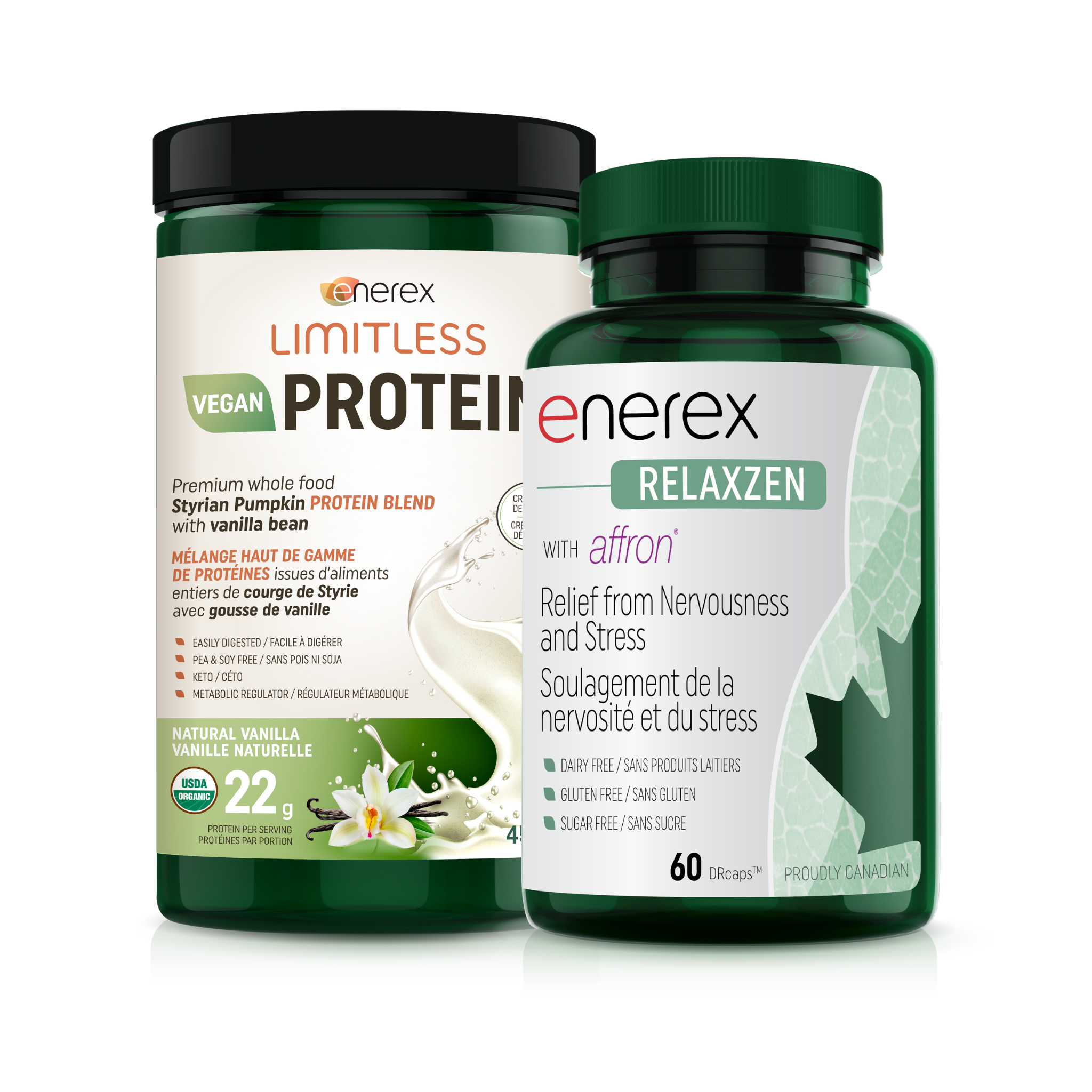
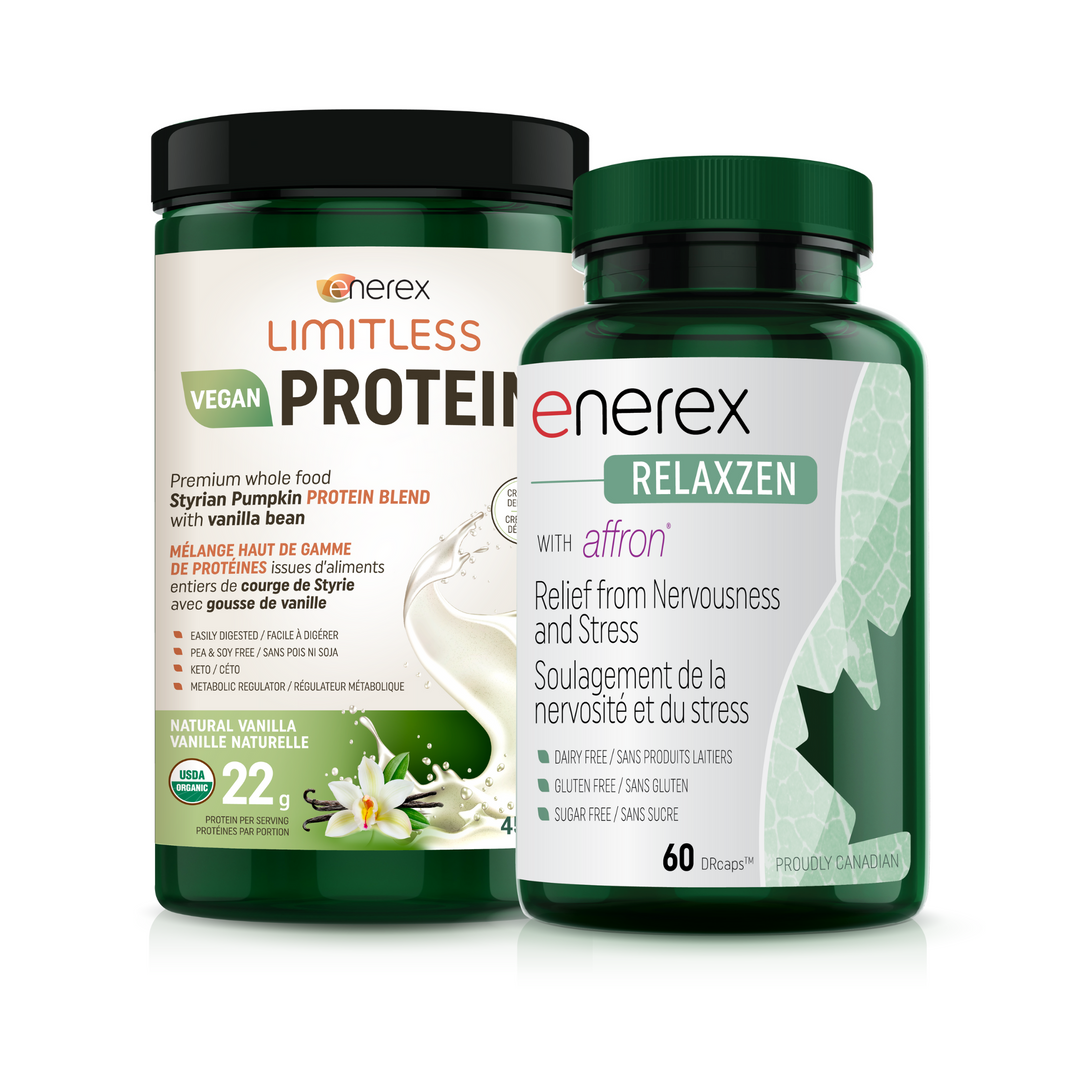
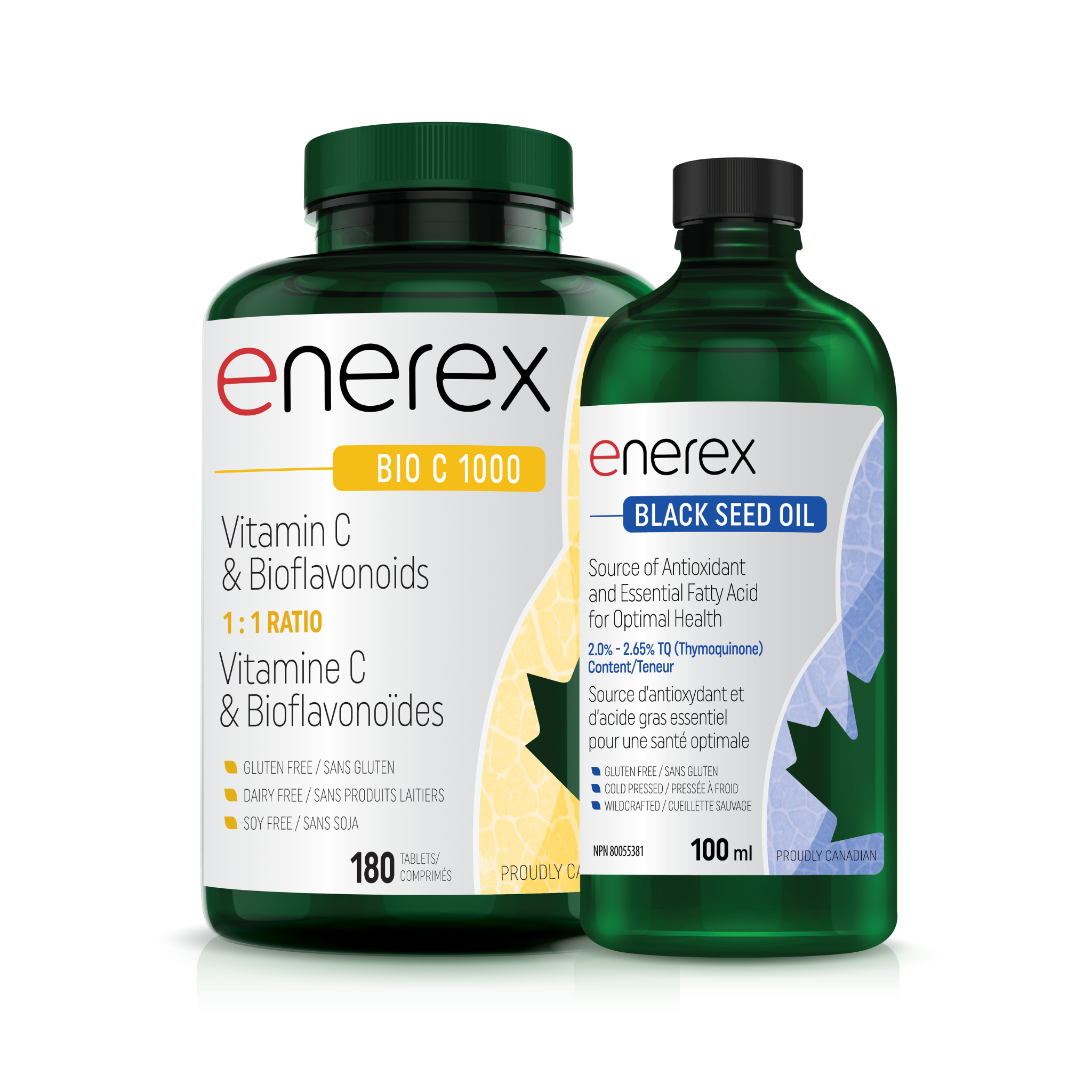
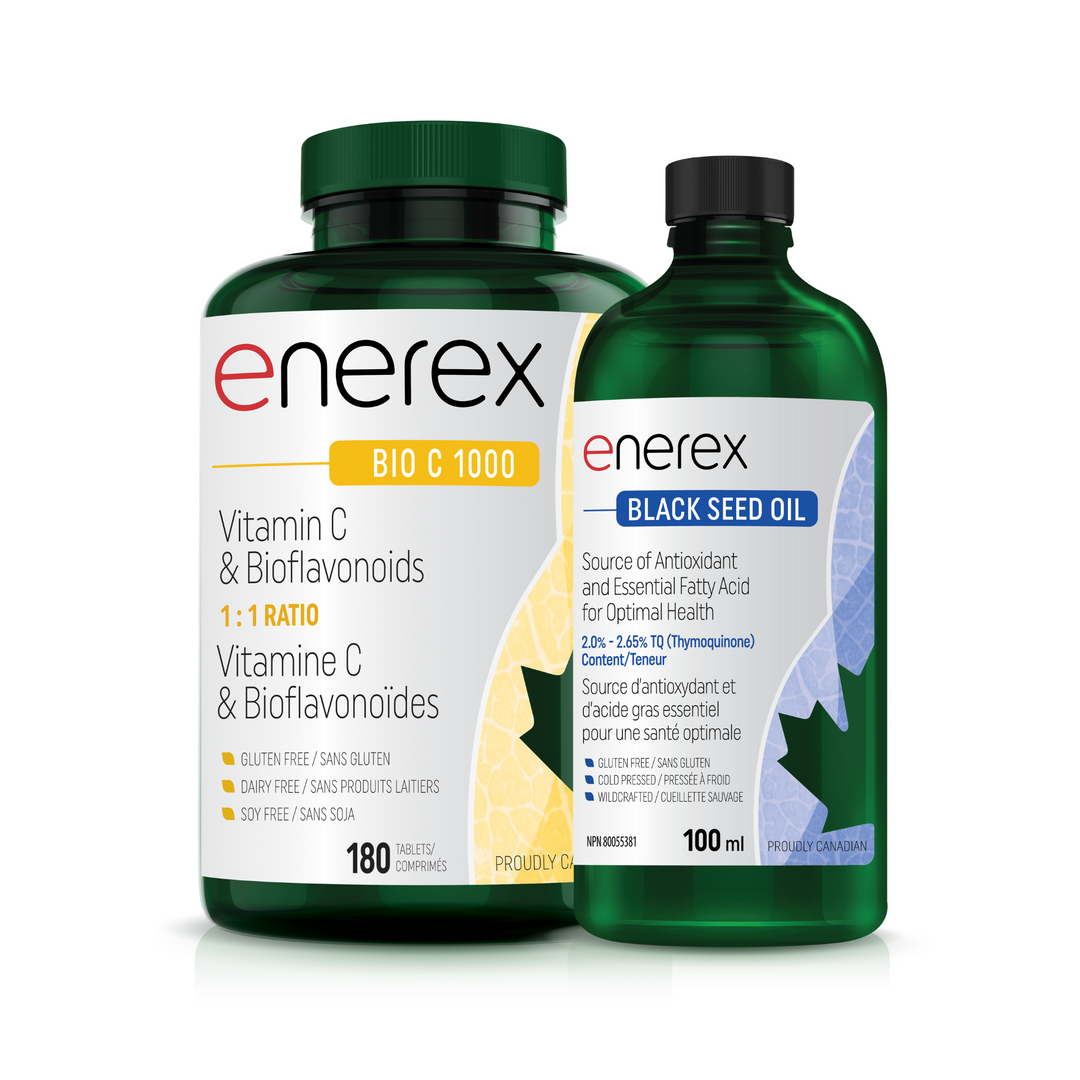
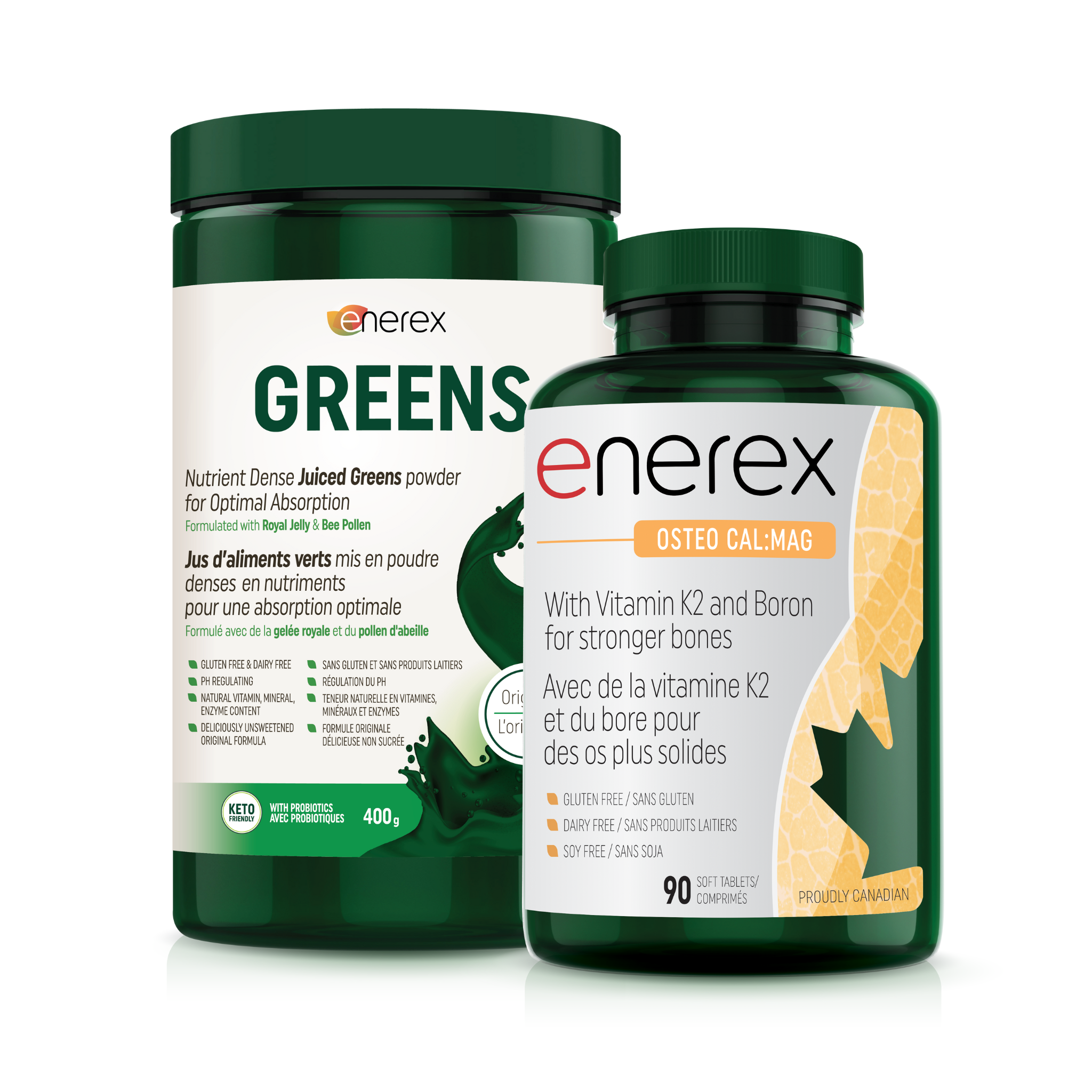
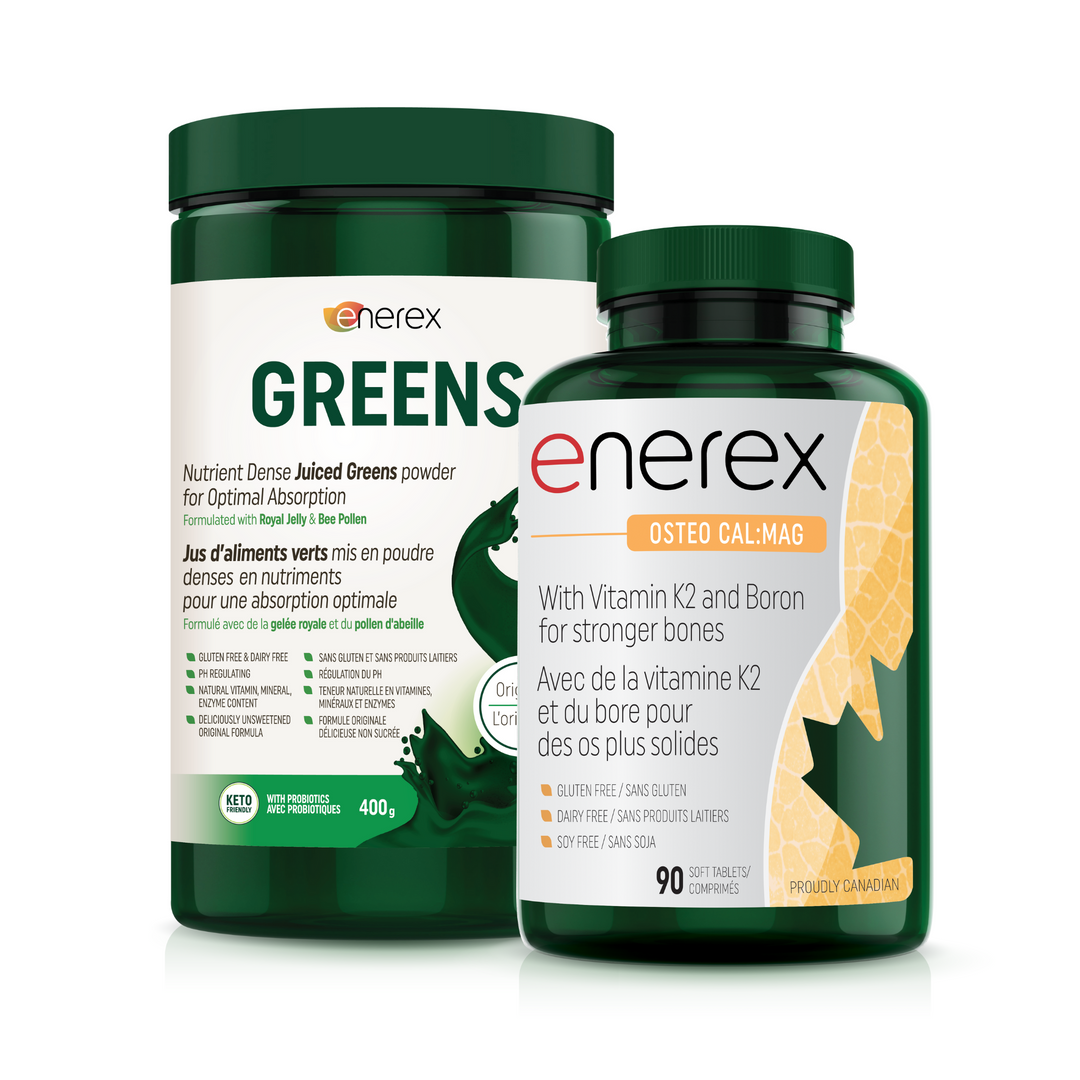
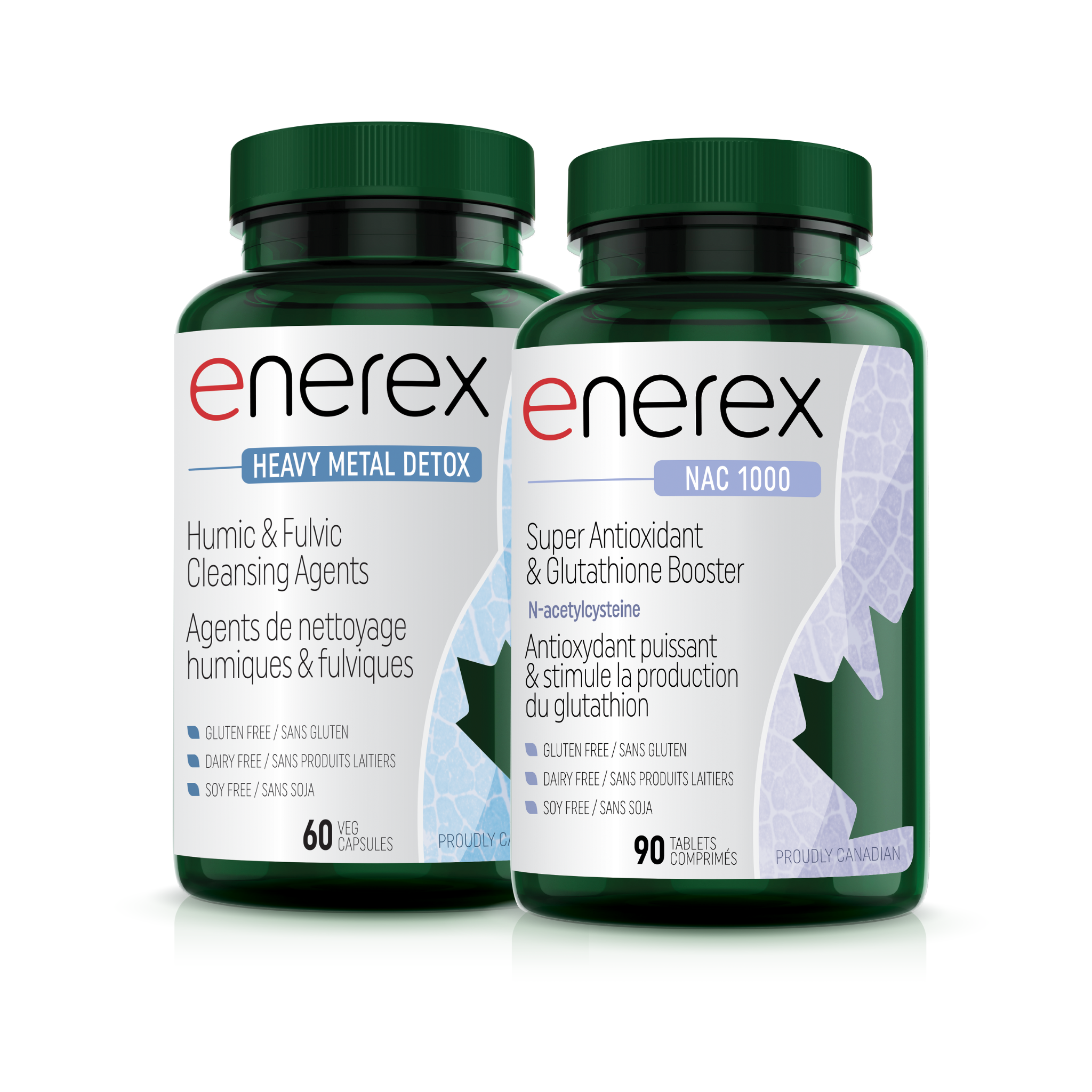
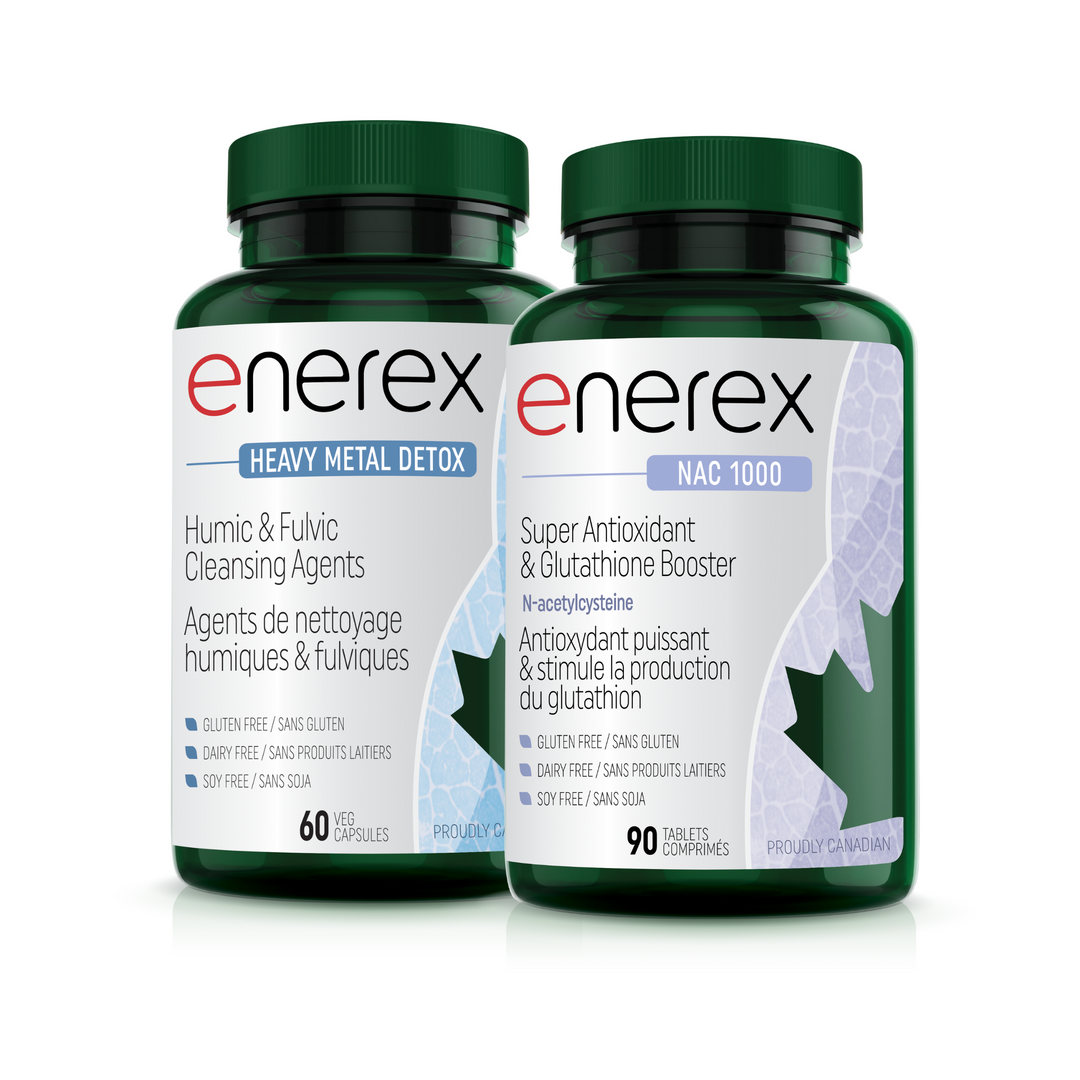
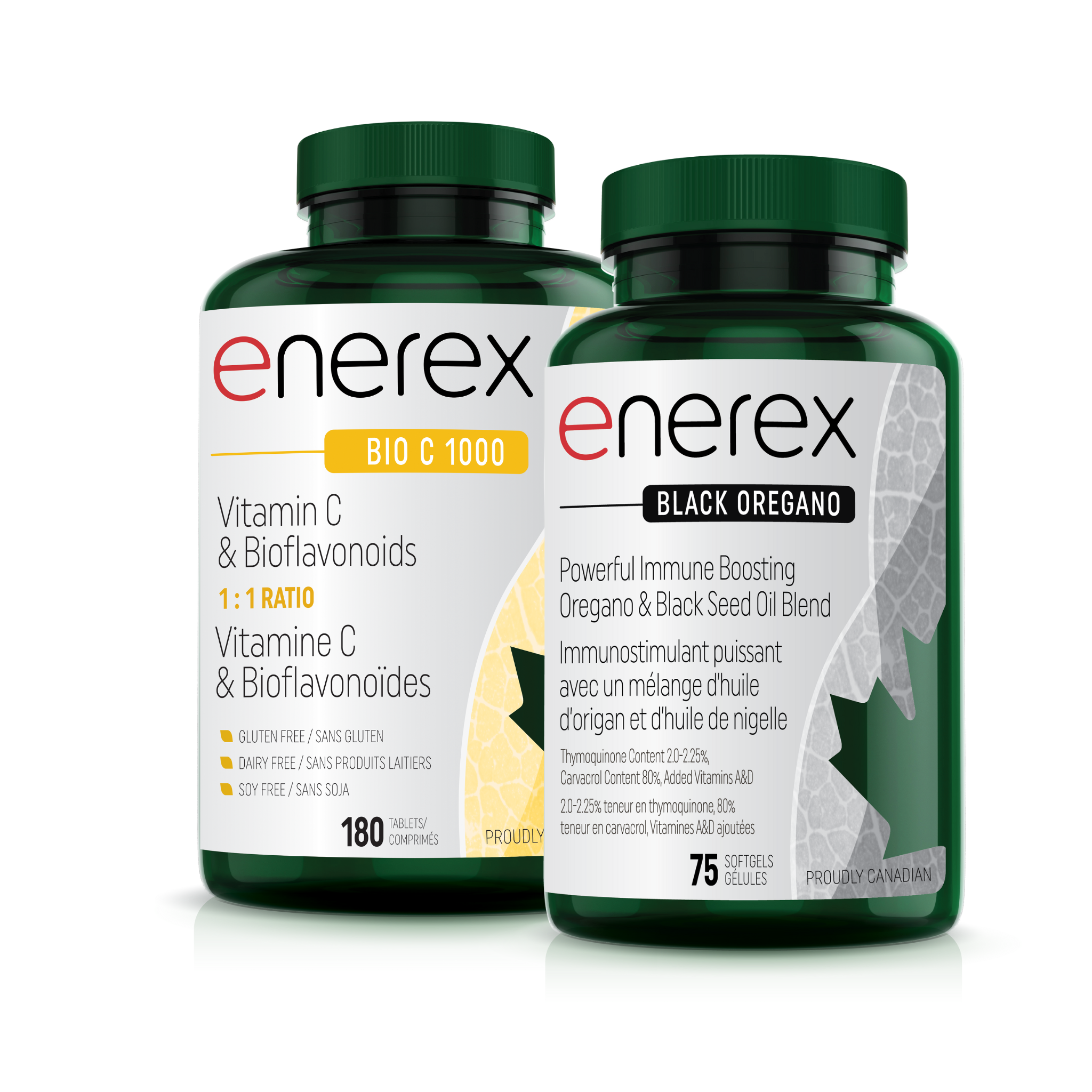
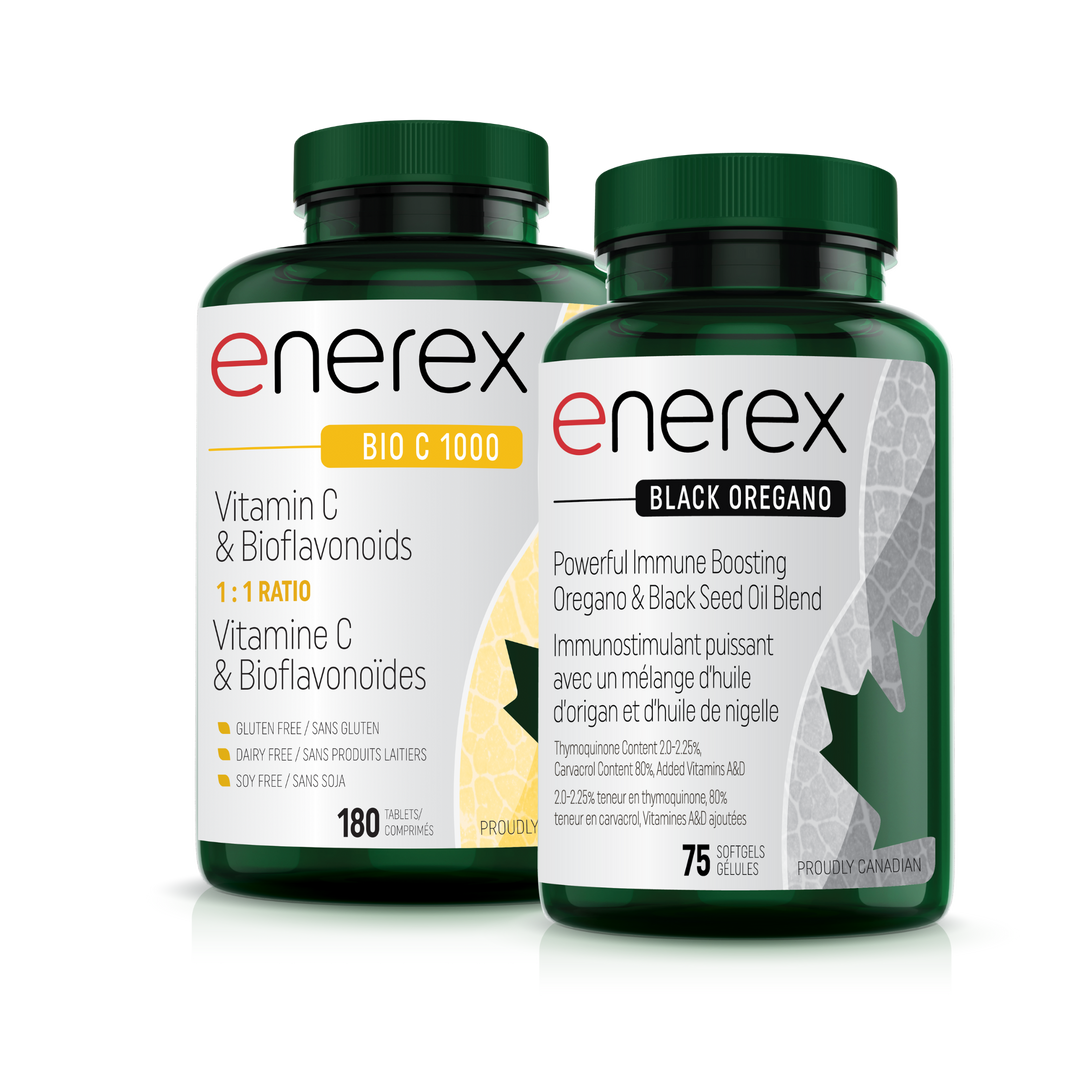
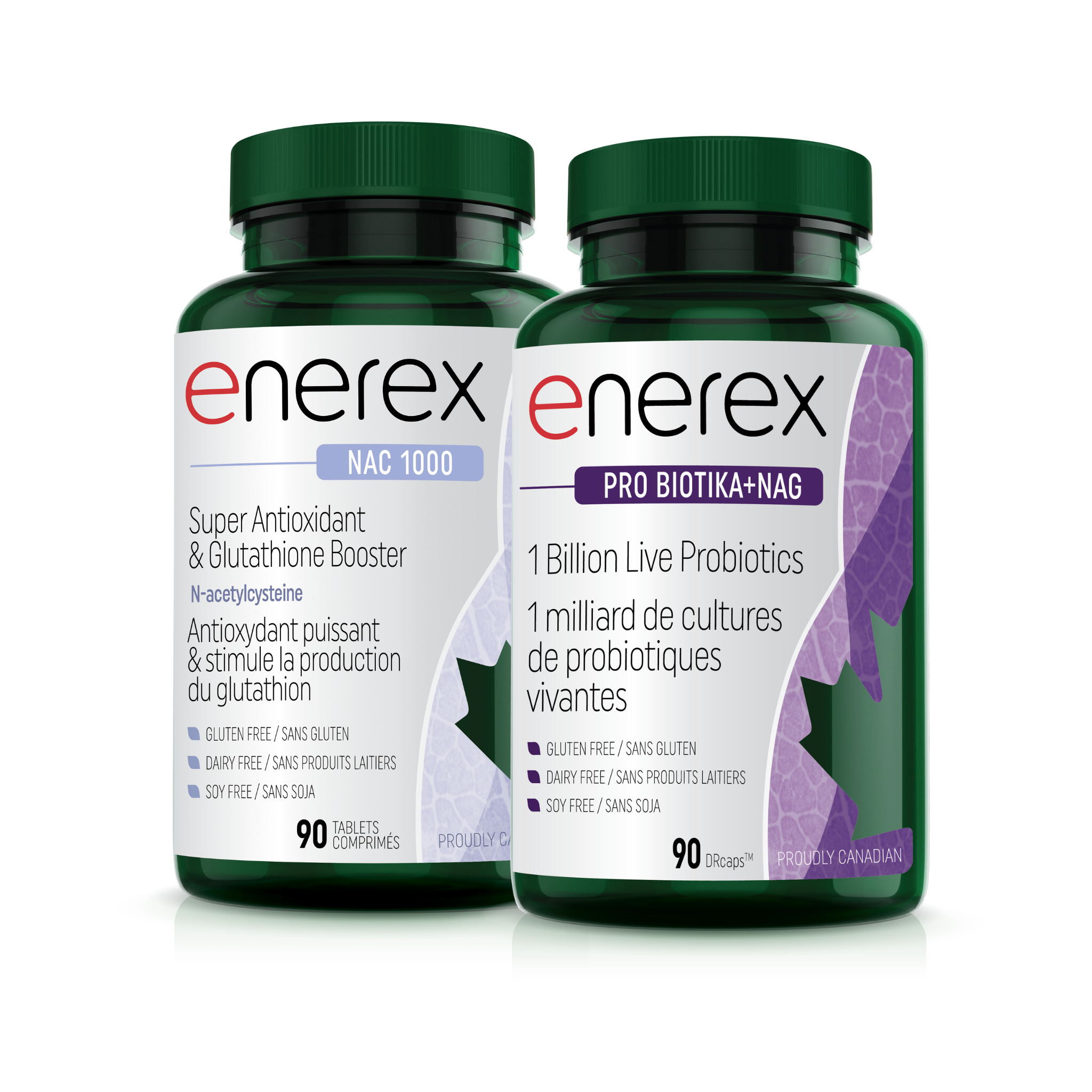
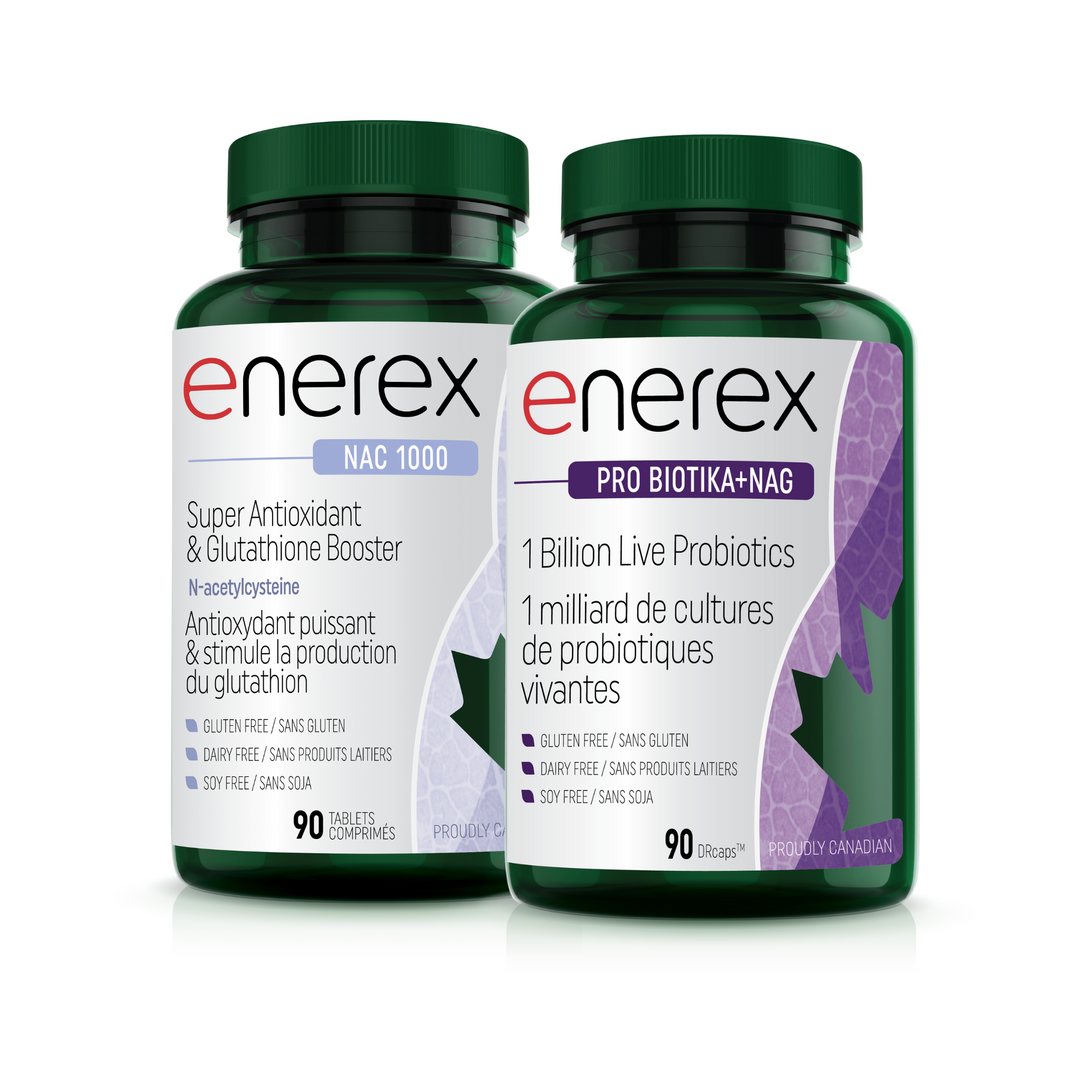
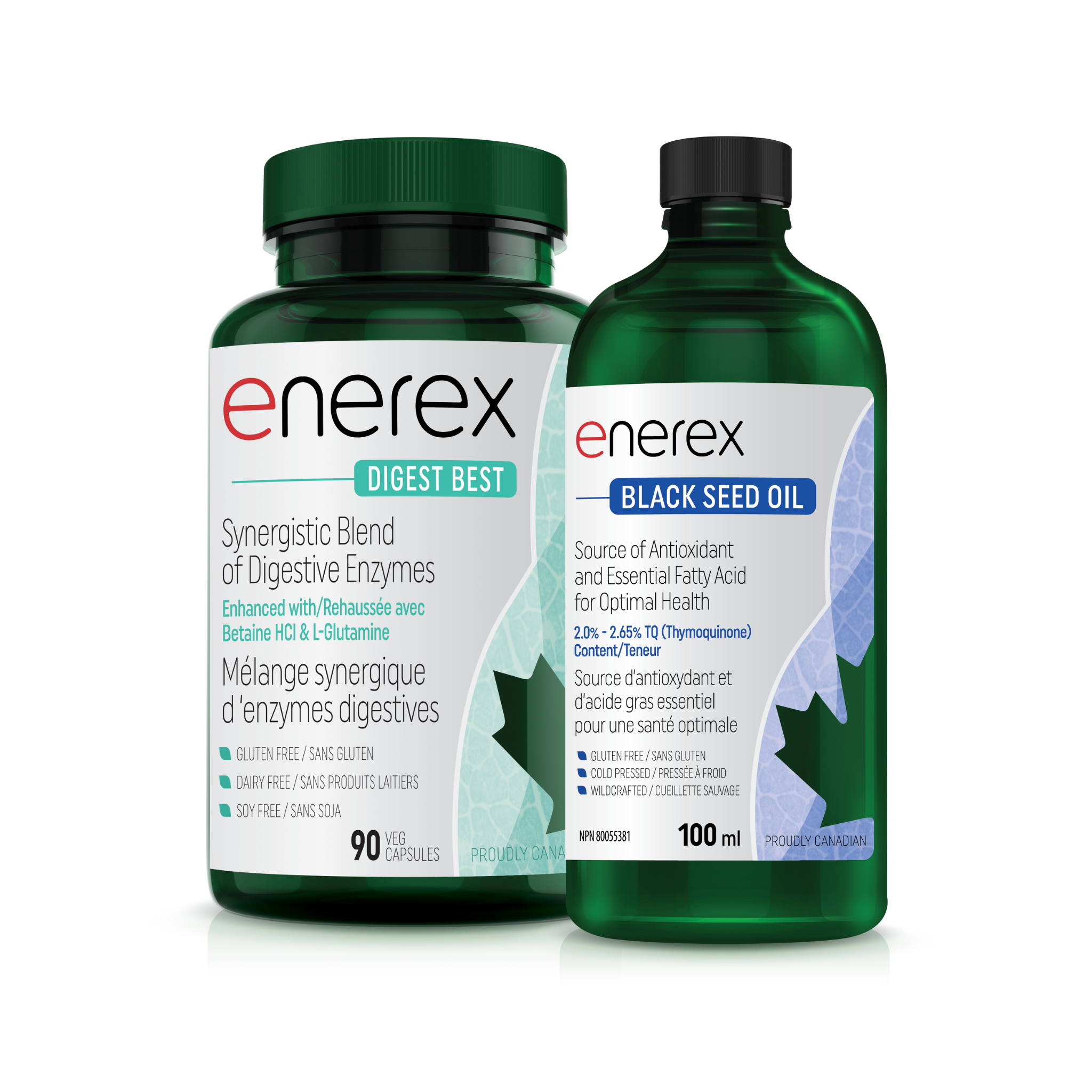
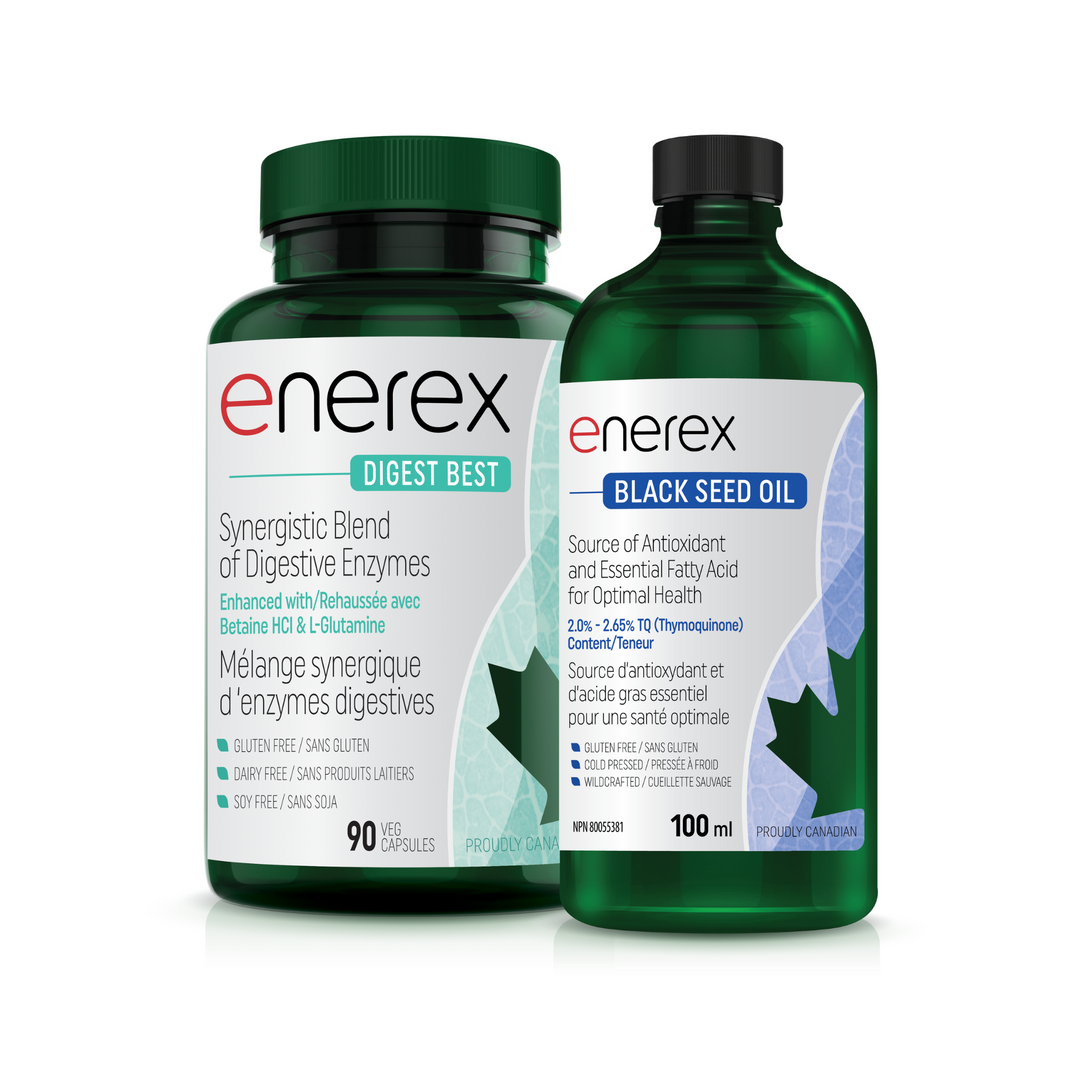
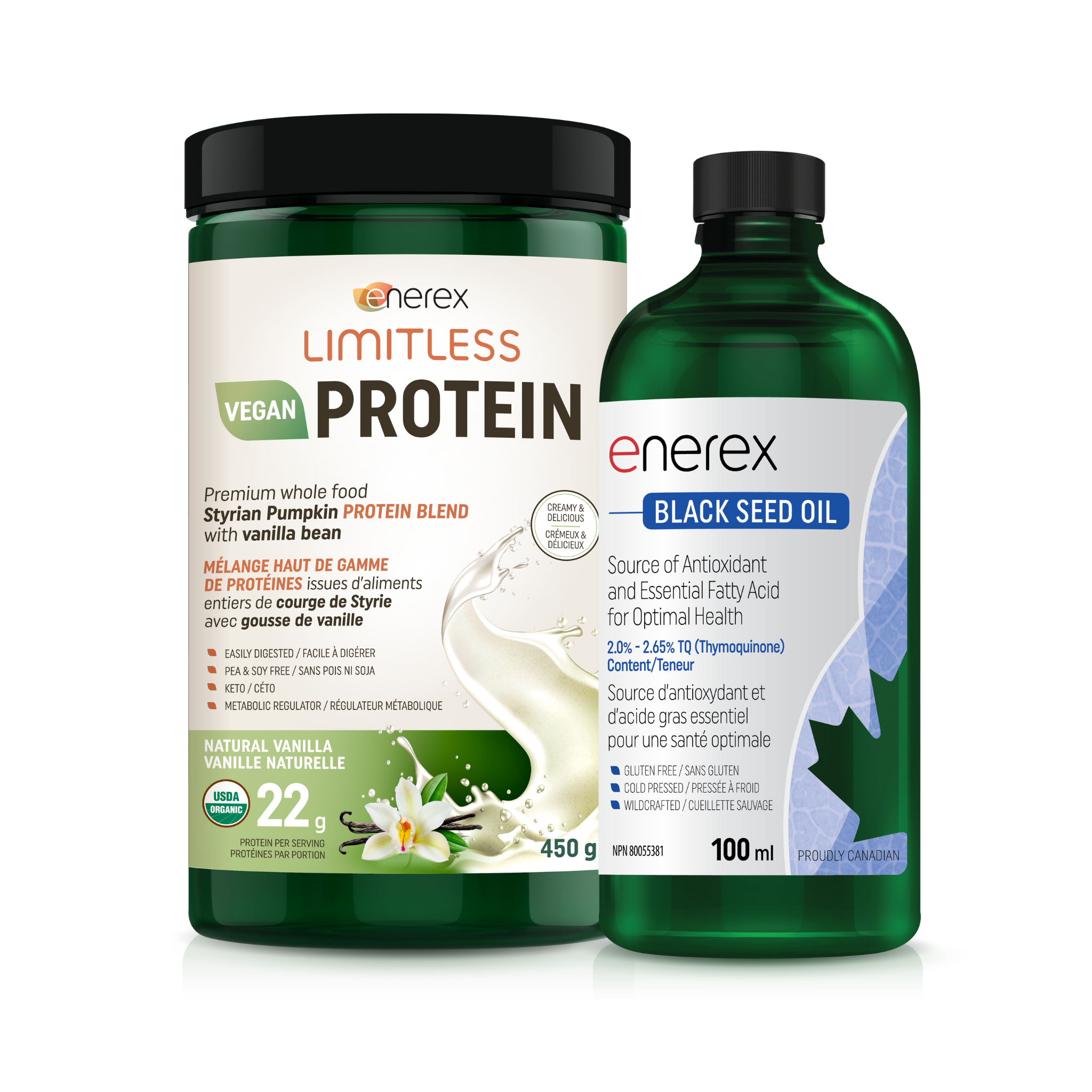
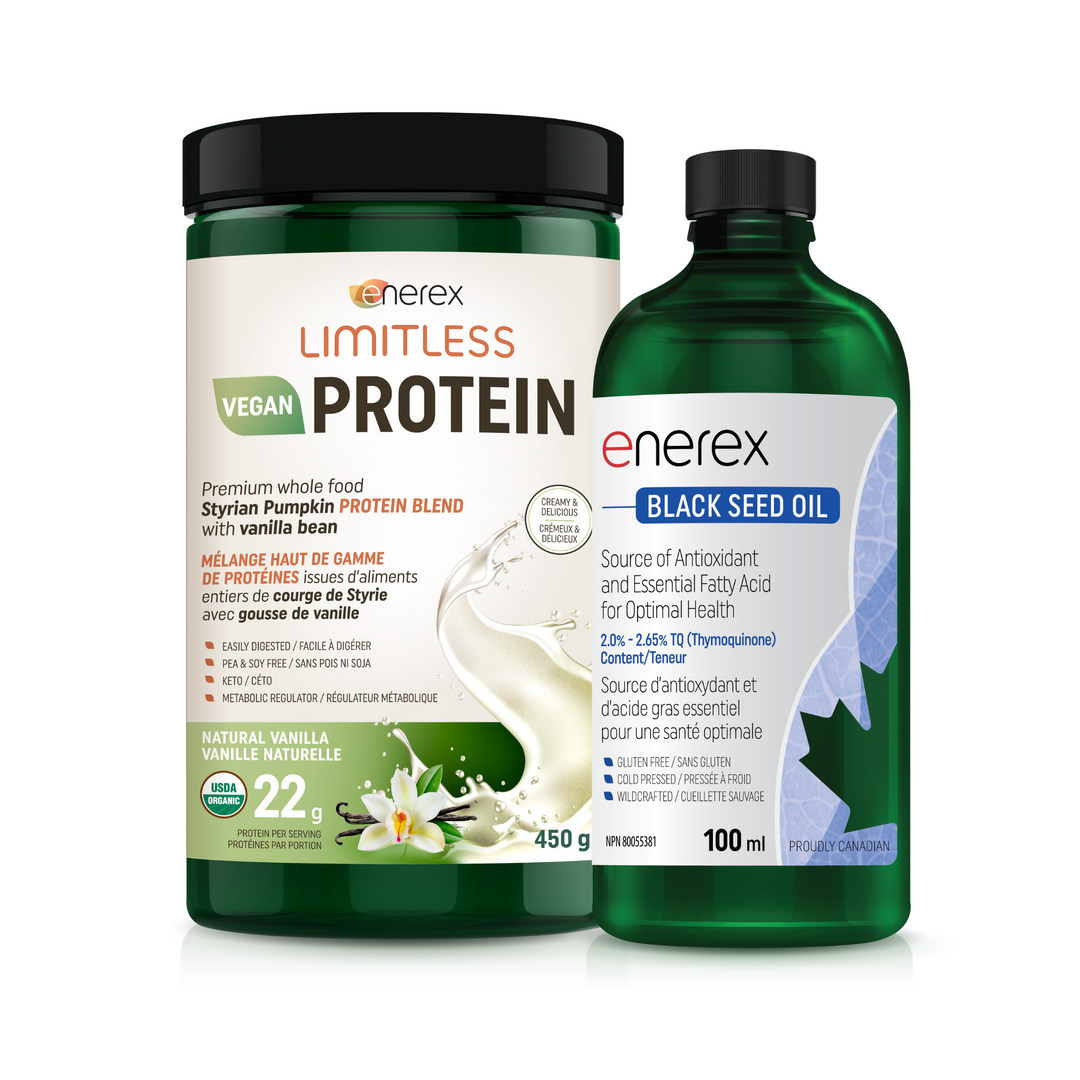
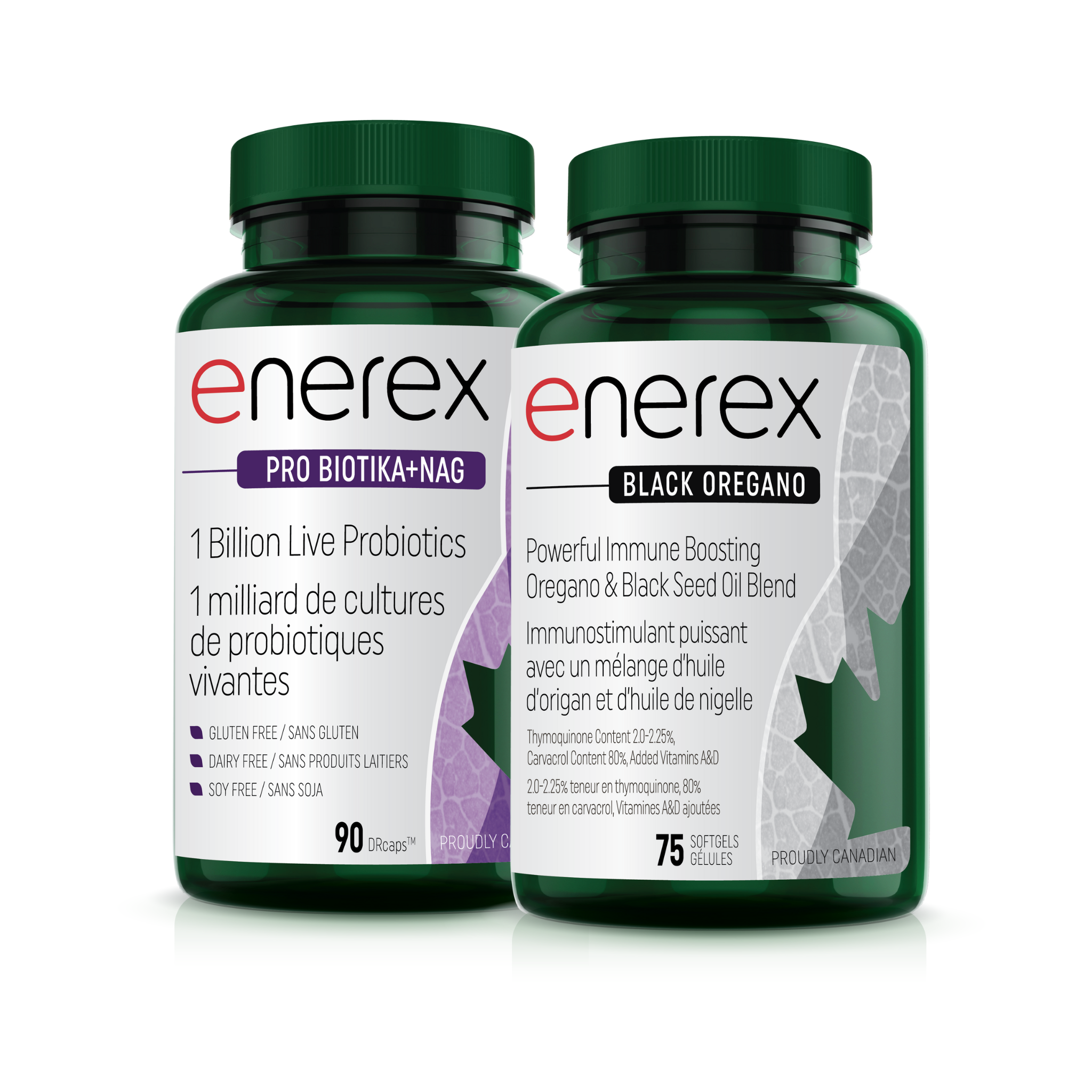
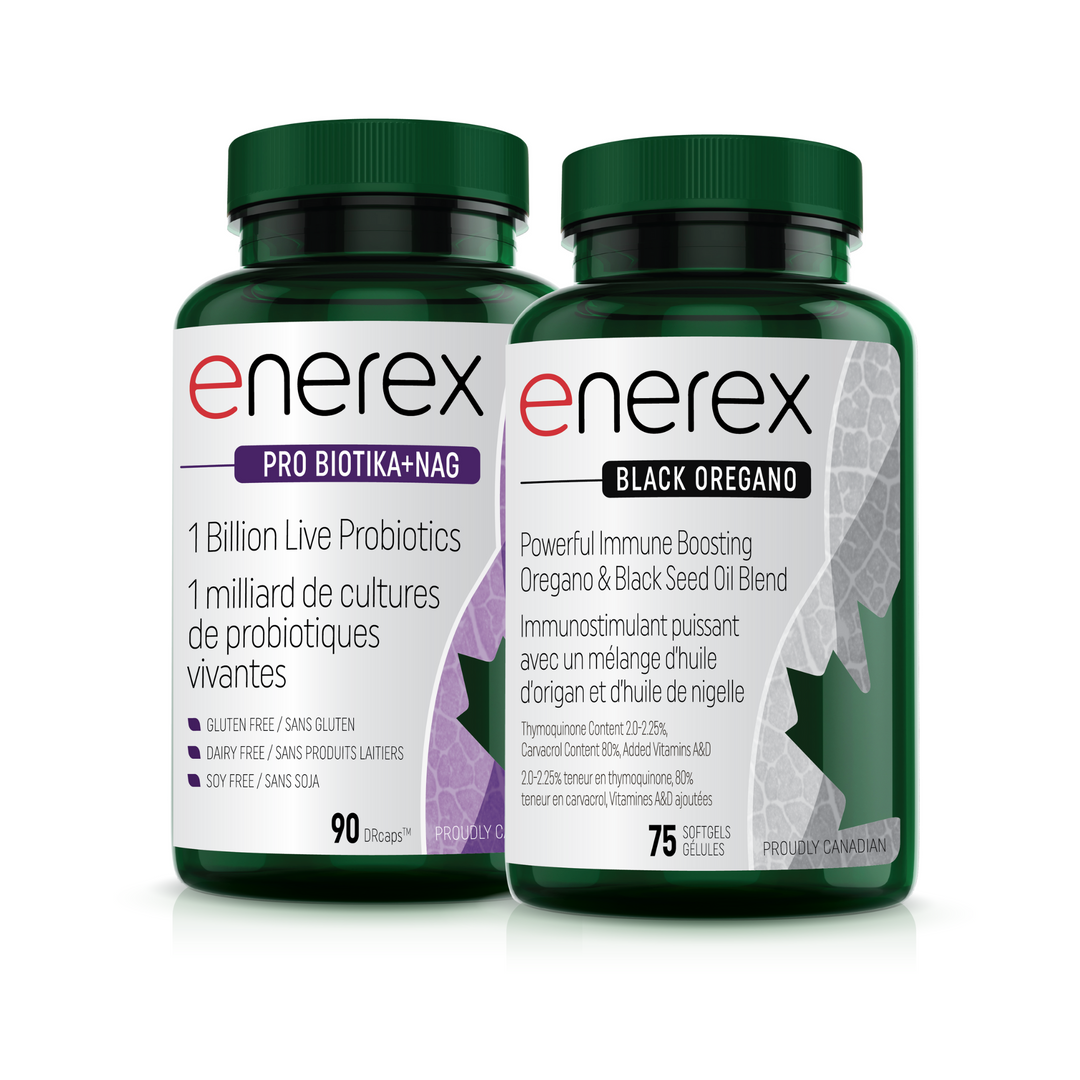
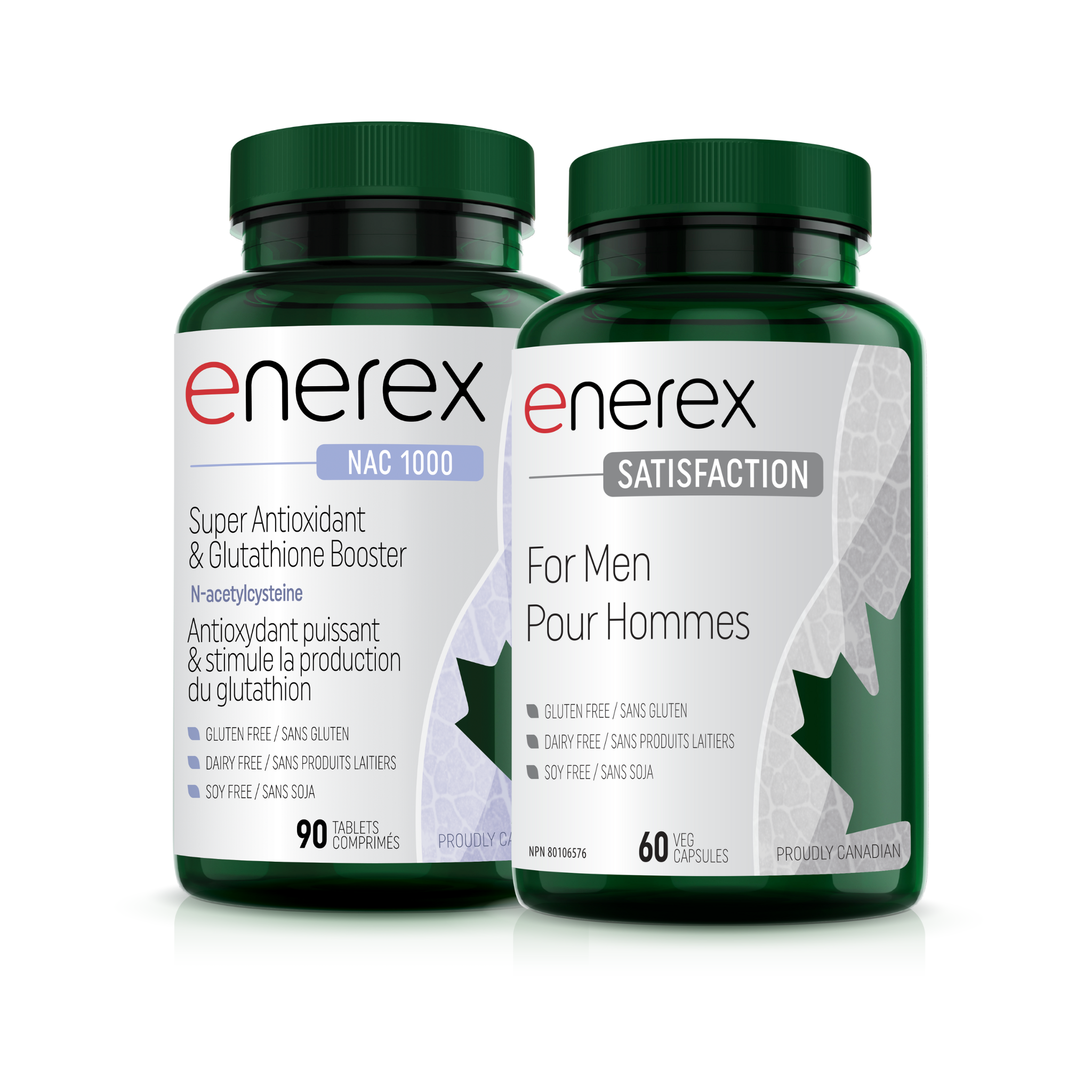
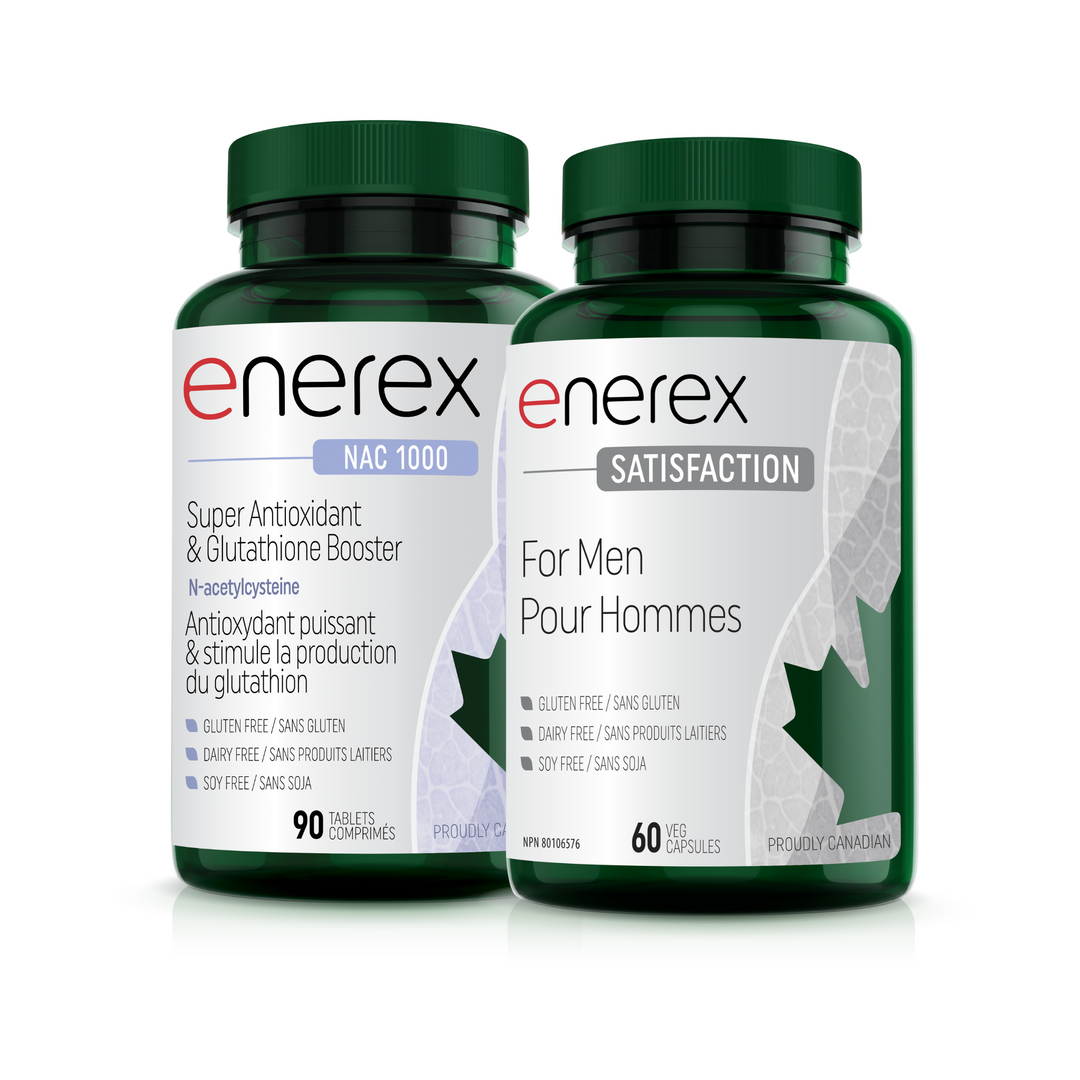
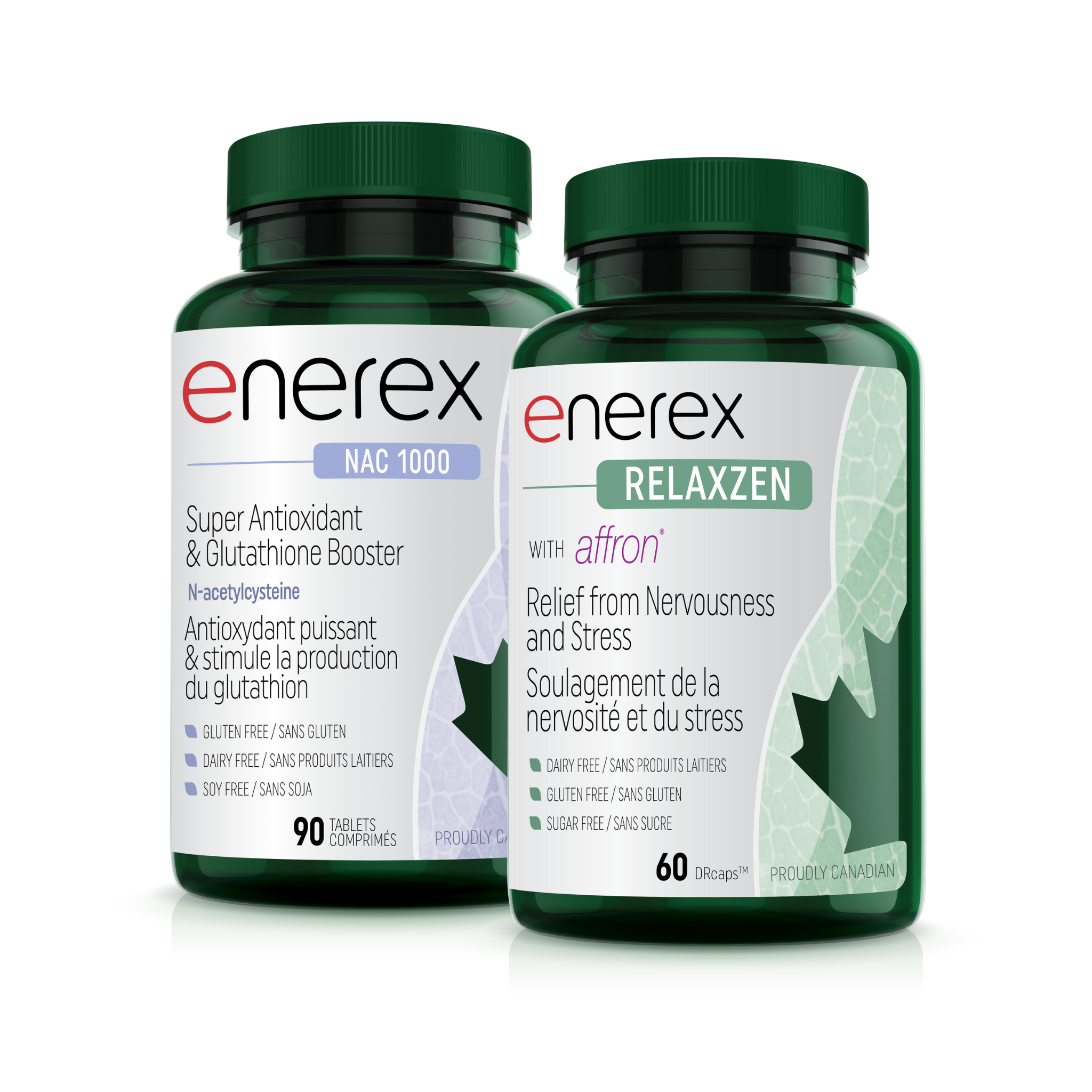
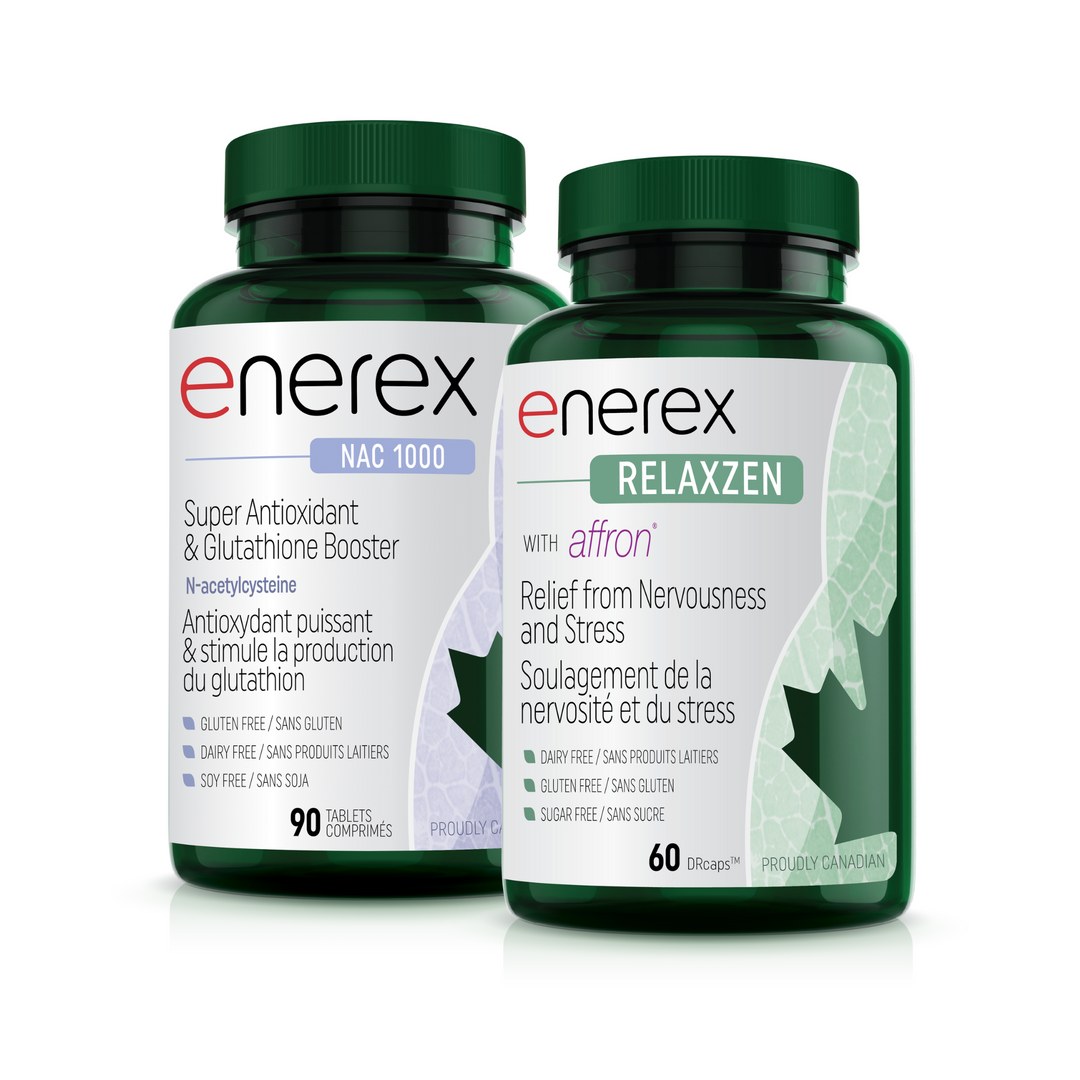
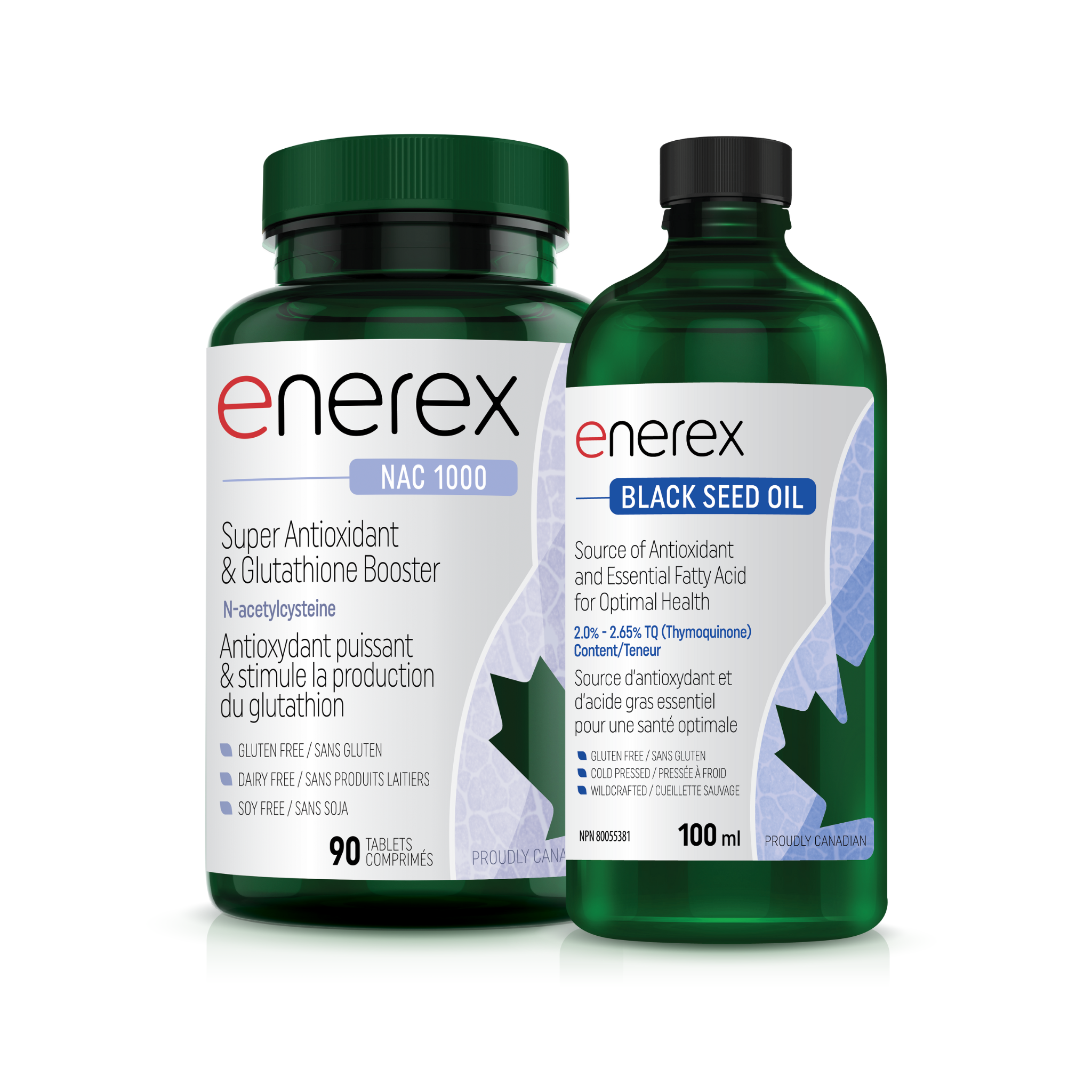
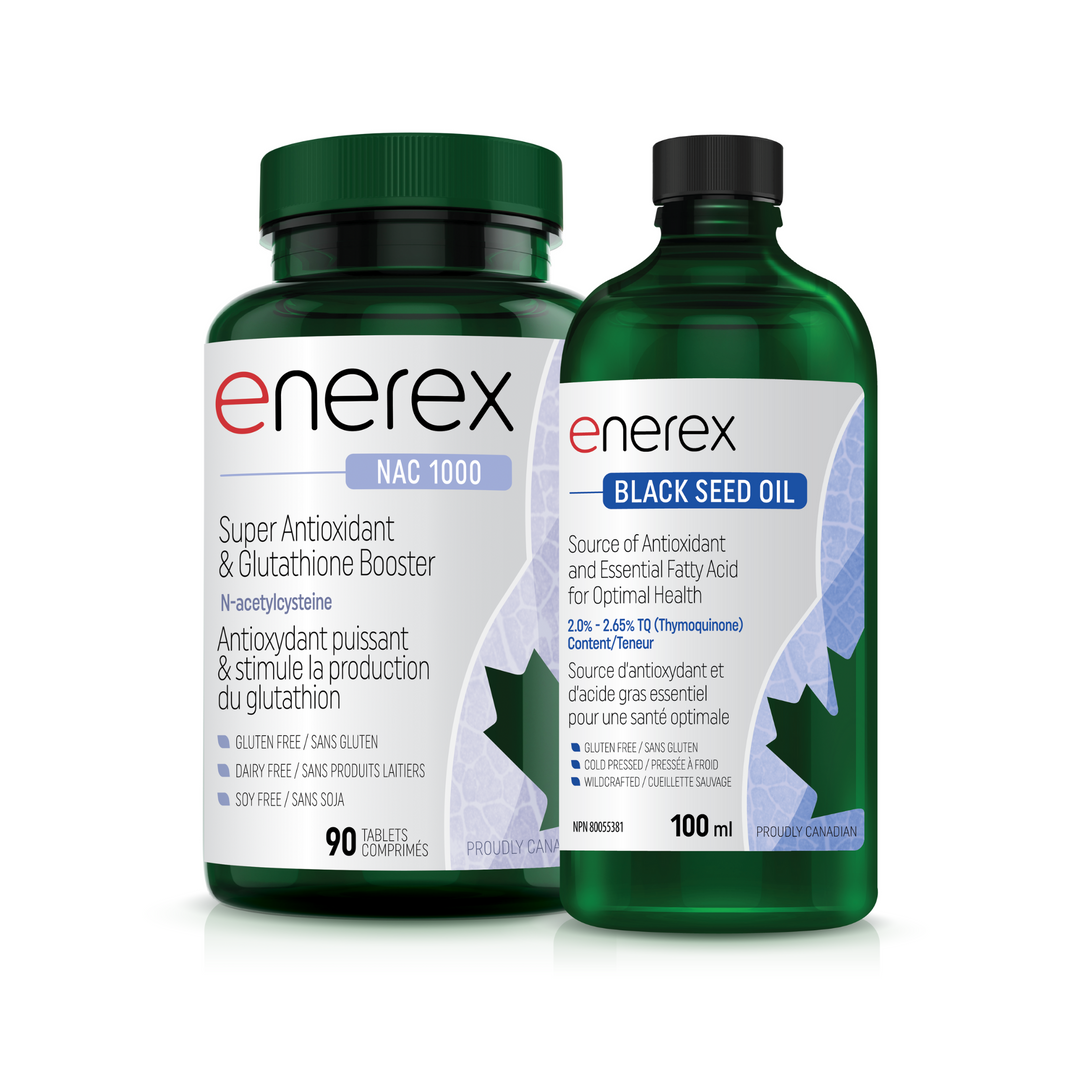
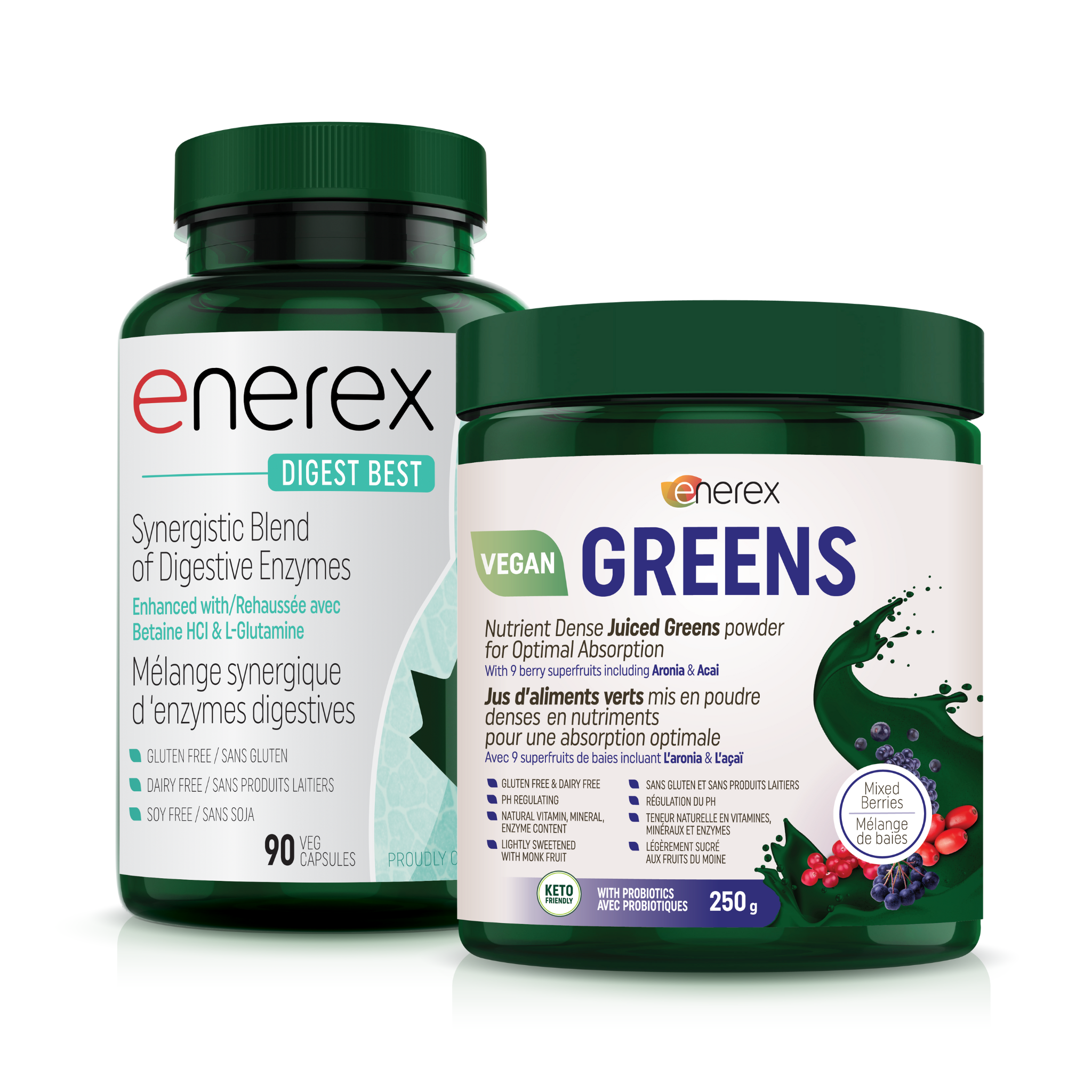
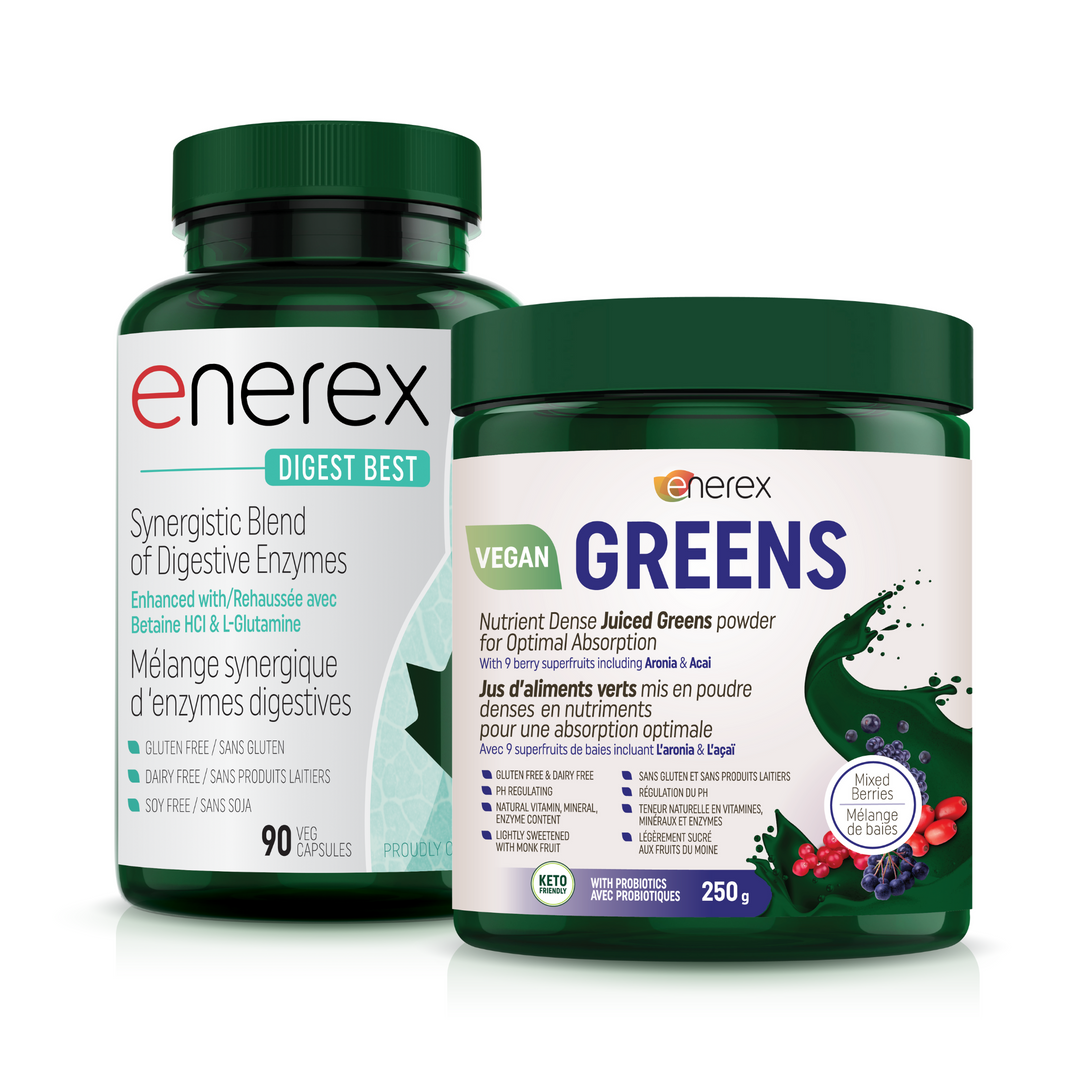
Laissez un commentaire